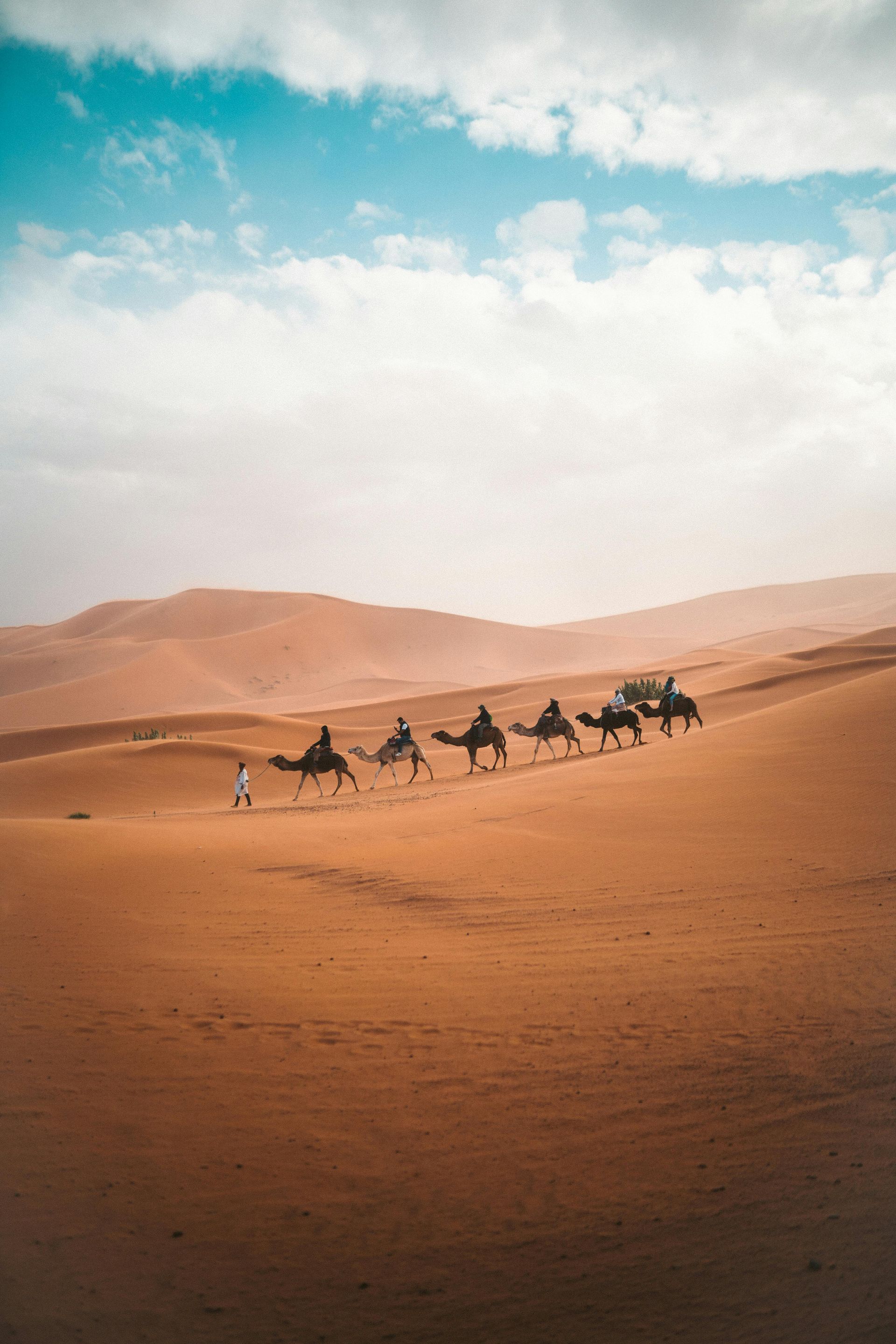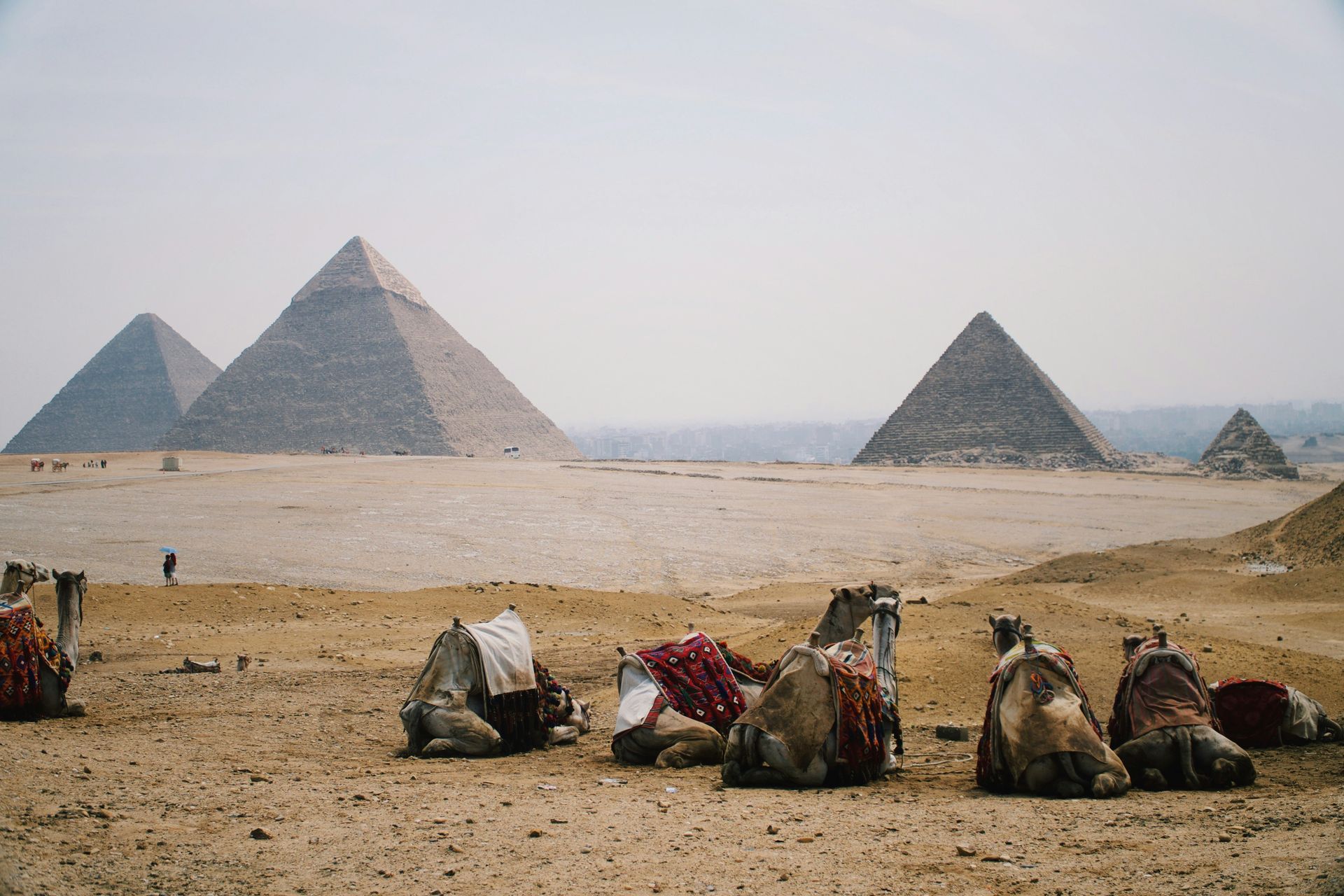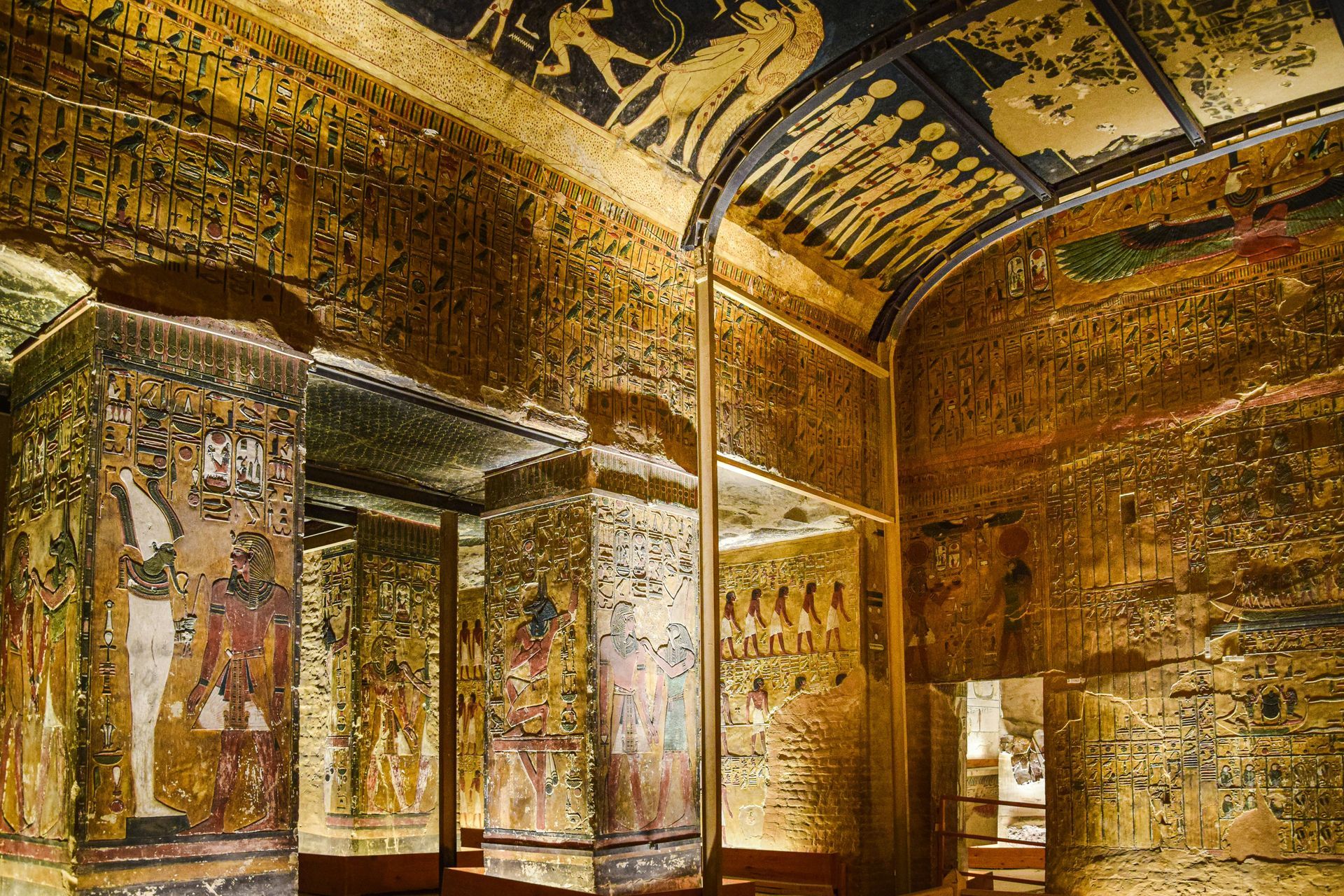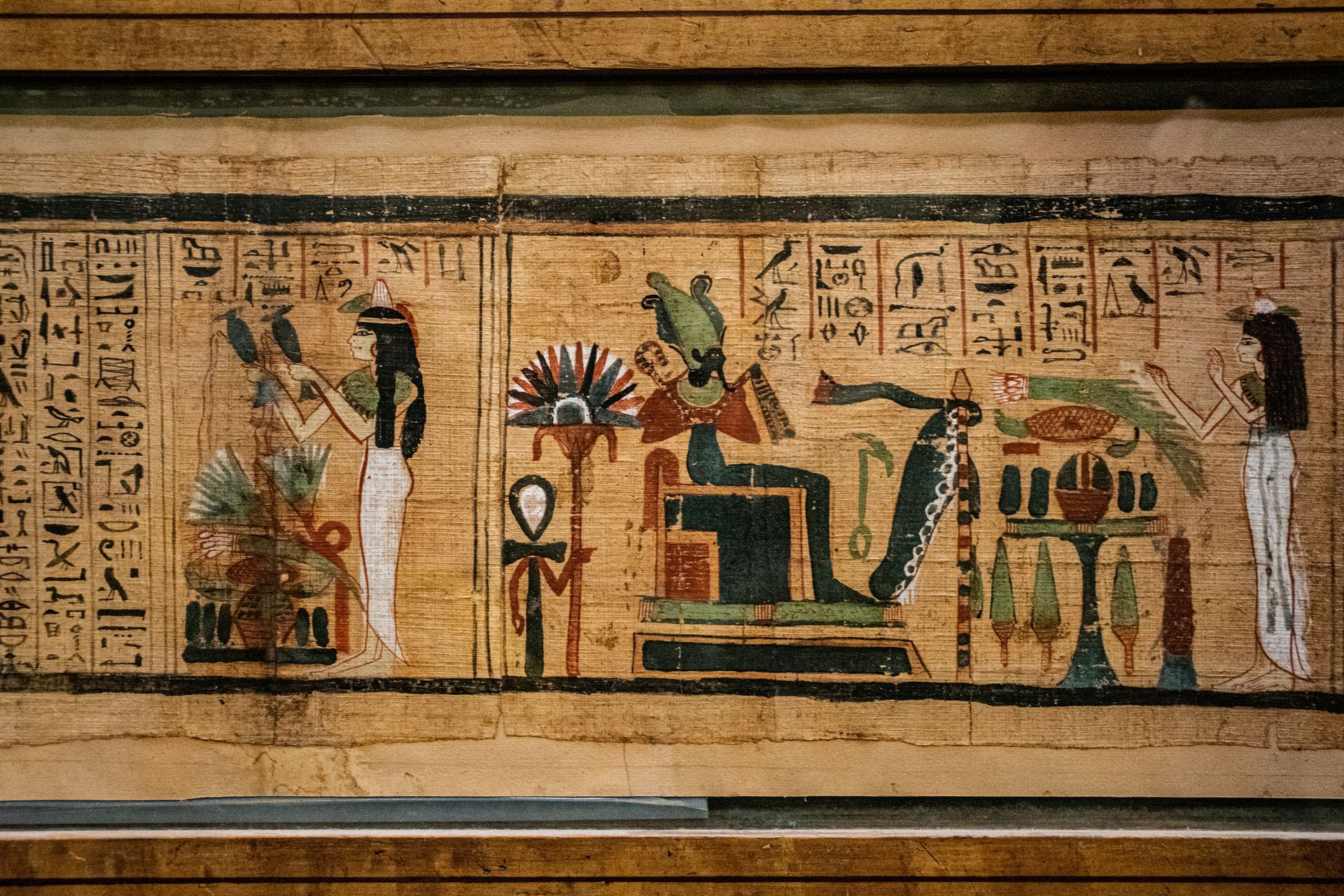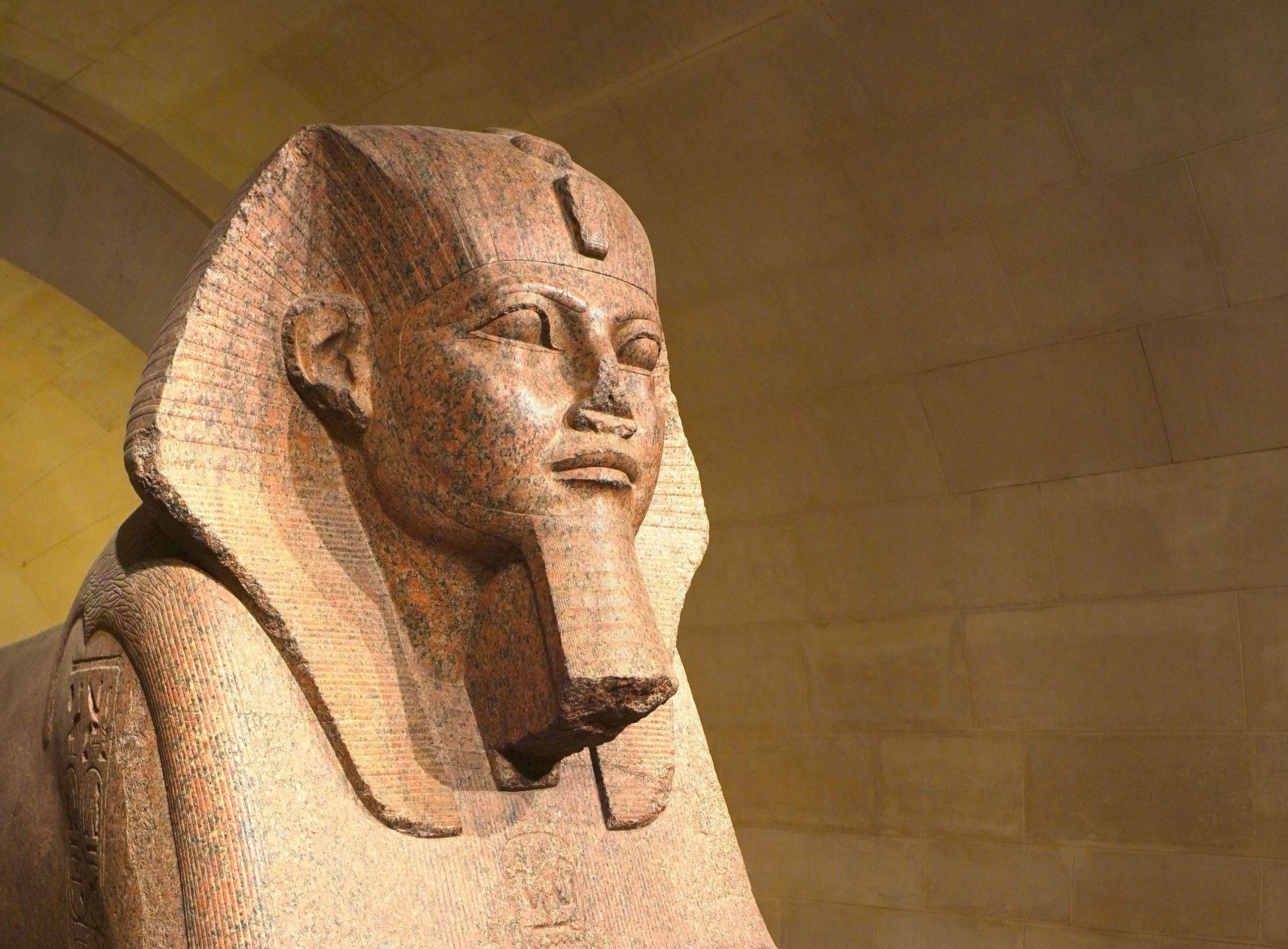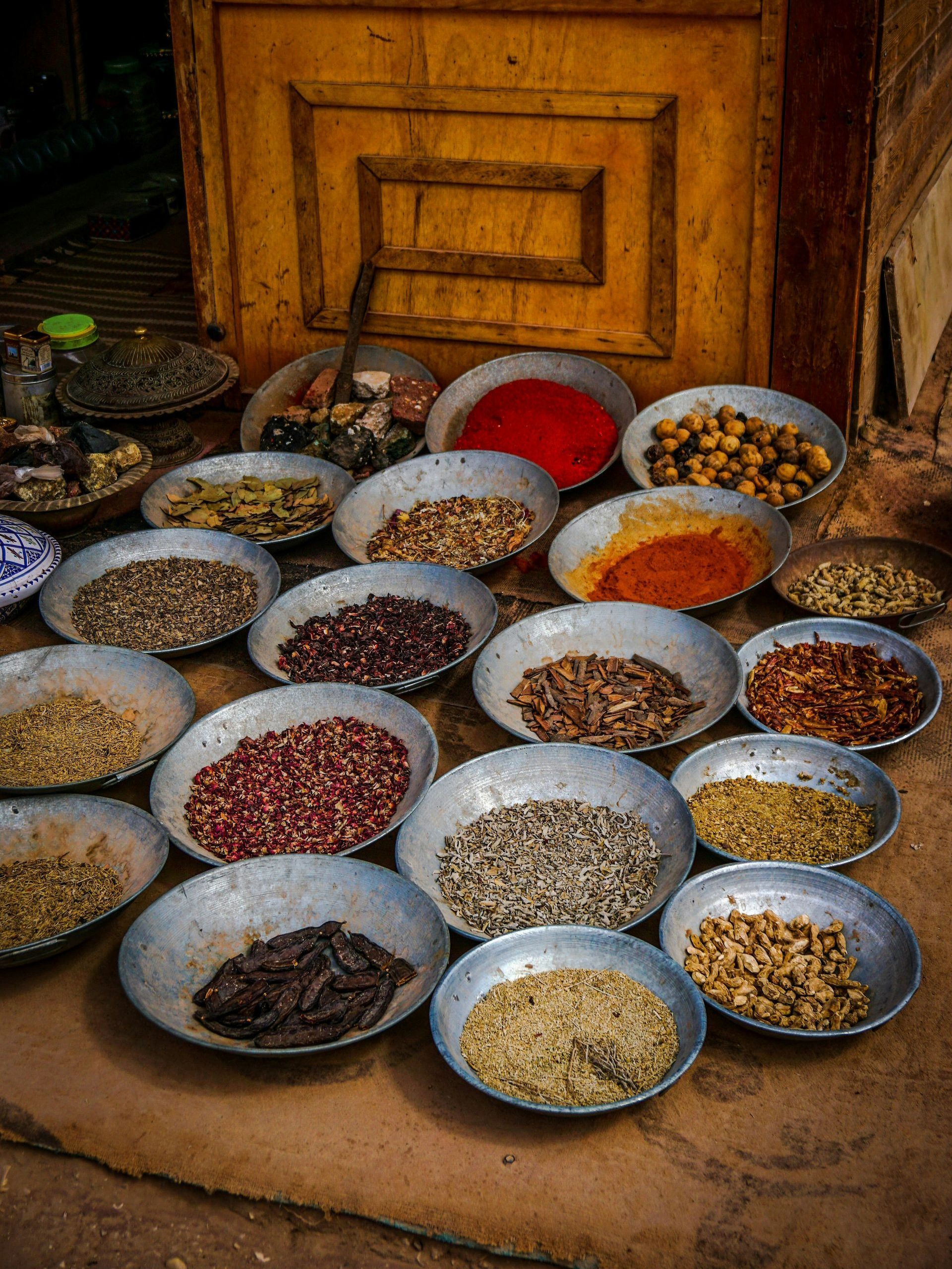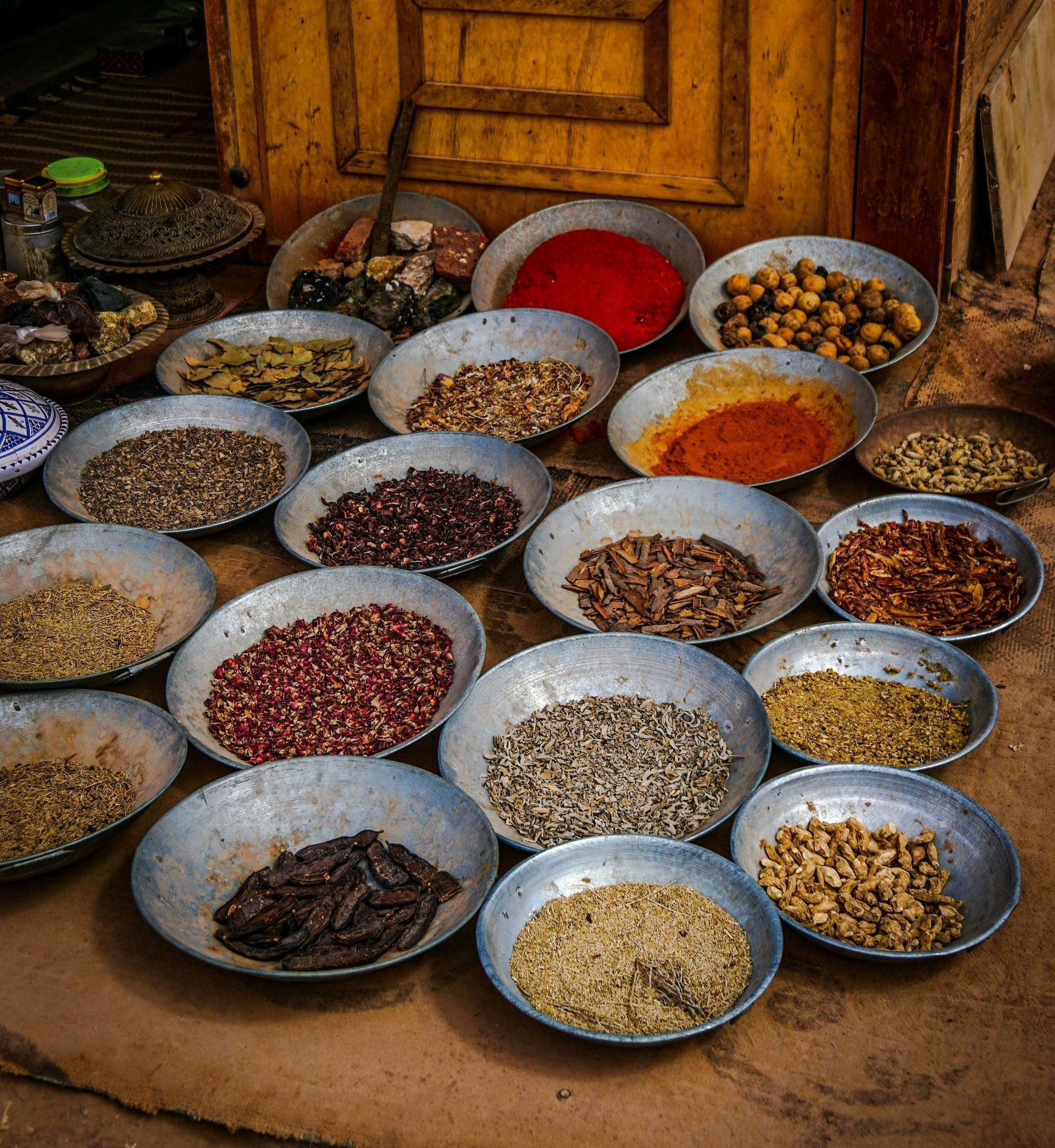Egypt
Egypt captivates with its powerful blend of ancient history, desert beauty, and vibrant culture. From the iconic pyramids of Giza to the bustling bazaars of Cairo and the serene Nile River, this is a land where the past and present flow together. Whether you're sailing to temples on a luxurious Nile cruise or exploring the mysteries of Luxor and Aswan, Egypt offers a journey unlike any other—both deeply enriching and endlessly inspiring.
Egypt
Egypt captivates with its powerful blend of ancient history, desert beauty, and vibrant culture. From the iconic pyramids of Giza to the bustling bazaars of Cairo and the serene Nile River, this is a land where the past and present flow together. Whether you're sailing to temples on a luxurious Nile cruise or exploring the mysteries of Luxor and Aswan, Egypt offers a journey unlike any other—both deeply enriching and endlessly inspiring.
Why Egypt?
Egypt offers an unparalleled journey into a world where ancient history and vibrant culture come alive. Traveling here means stepping into the stories of pharaohs, gods, and timeless mysteries that have shaped human civilization. The country’s unique blend of archaeological marvels, rich traditions, and warm hospitality creates an immersive experience that awakens curiosity and wonder. Whether you’re fascinated by history, inspired by art, or simply seeking an unforgettable adventure, Egypt’s captivating atmosphere invites you to explore, discover, and connect with a past that continues to inspire today.
Land of the Ancient Wonders and Timeless Mysteries
Egypt is a place where history rises from the desert sands—home to the only remaining wonder of the ancient world, the Great Pyramid of Giza. Mysteries echo through the grand temples of Karnak, the hidden tombs of the Valley of the Kings, and the hieroglyphs carved into stone thousands of years ago. This is a land where ancient civilizations left their mark in breathtaking ways, inviting travelers to uncover stories that have endured for millennia.
Why Egypt?
Egypt offers an unparalleled journey into a world where ancient history and vibrant culture come alive. Traveling here means stepping into the stories of pharaohs, gods, and timeless mysteries that have shaped human civilization. The country’s unique blend of archaeological marvels, rich traditions, and warm hospitality creates an immersive experience that awakens curiosity and wonder. Whether you’re fascinated by history, inspired by art, or simply seeking an unforgettable adventure, Egypt’s captivating atmosphere invites you to explore, discover, and connect with a past that continues to inspire today.
Land of the Ancient Wonders and Timeless Mysteries
Egypt is a place where history rises from the desert sands—home to the only remaining wonder of the ancient world, the Great Pyramid of Giza. Mysteries echo through the grand temples of Karnak, the hidden tombs of the Valley of the Kings, and the hieroglyphs carved into stone thousands of years ago. This is a land where ancient civilizations left their mark in breathtaking ways, inviting travelers to uncover stories that have endured for millennia.
Featured Itineraries
Egypt Pharaohs & Pyramids
Abercrombie & Kent Tour
Splendors of Egypt & the Nile
Uniworld River Cruise
The Egyptian Culture
Egyptian culture is one of the oldest and most enduring in the world—an extraordinary fusion of ancient customs, Islamic traditions, and modern influences. Family and hospitality lie at the heart of daily life, and visitors are often welcomed with warmth and generosity. From vibrant street markets and traditional music to colorful festivals and hand-crafted artistry, Egypt’s cultural spirit is alive in every corner. The legacy of ancient Egypt continues to shape modern identity, seen not only in its monuments but in the pride Egyptians take in their rich heritage and storytelling traditions.
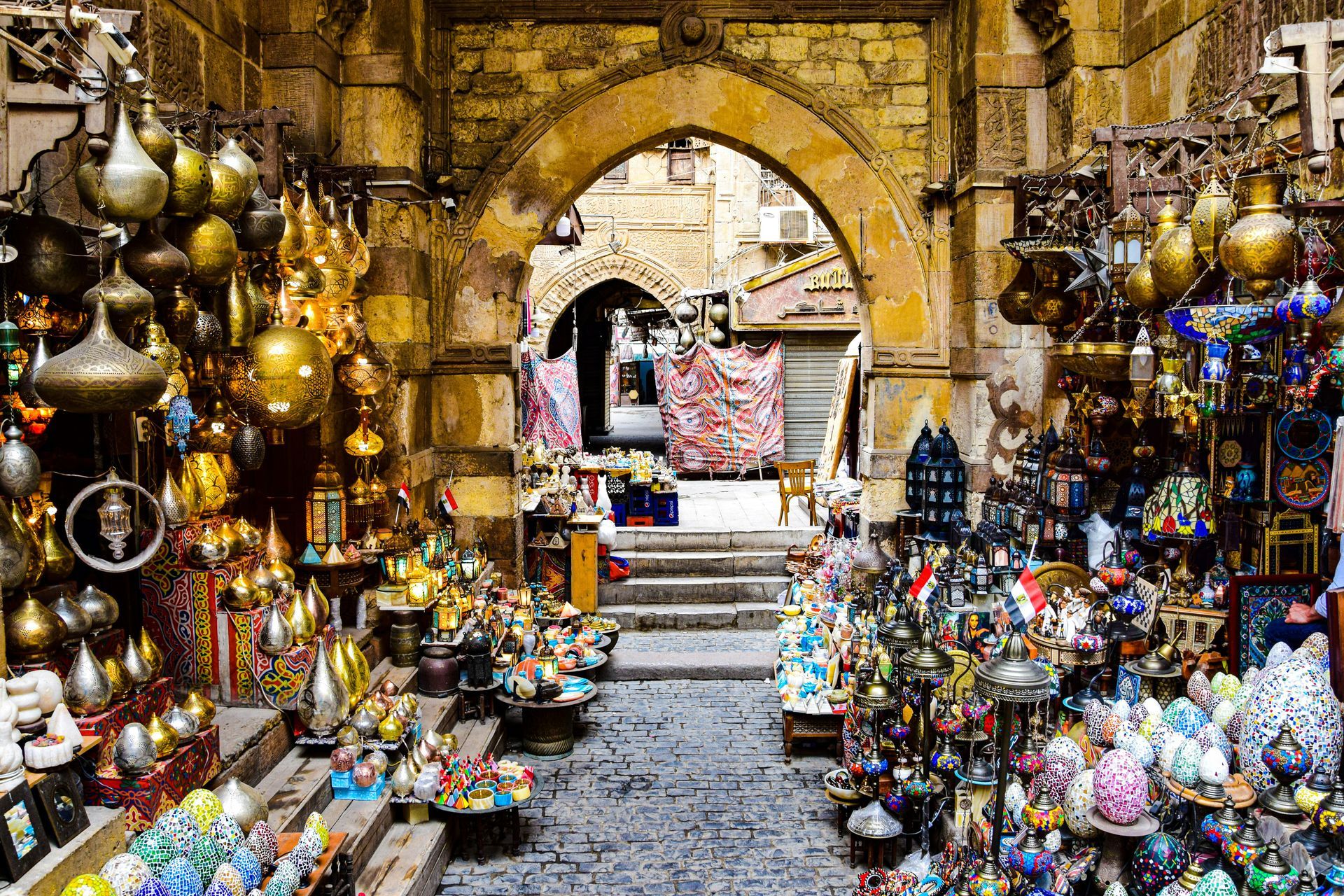
Ancient Traditions
Many of Egypt’s modern customs are rooted in ancient traditions passed down for thousands of years. The use of henna in celebrations, protective amulets, and the continued practice of crafts like pottery, papyrus art, and jewelry-making all reflect a living connection to the past. Even storytelling and traditional clothing styles carry echoes of Egypt’s rich pharaonic heritage, blending ancient rituals with modern life.
Language
Arabic is the official language of Egypt, with Egyptian Arabic being the most widely spoken dialect. It’s a vibrant, expressive language that shapes daily communication, music, and media. Many Egyptians also speak English or French, especially in cities and tourist areas, making it easier for travelers to connect. Ancient Egyptian scripts, like hieroglyphs, remain an important part of Egypt’s cultural heritage, seen in monuments and museums across the country.
Religion
Religion is a central part of life in Egypt, shaping its culture, traditions, and daily rhythms. The majority of Egyptians practice Islam, and the call to prayer echoes across cities and villages five times a day. Christianity, particularly the Coptic Orthodox Church, also has deep roots, with ancient churches and monasteries still in use today. From mosque architecture to religious holidays like Ramadan and Coptic Christmas, faith plays a powerful role in Egypt’s identity and community life.
The Egyptian Culture
Egyptian culture is one of the oldest and most enduring in the world—an extraordinary fusion of ancient customs, Islamic traditions, and modern influences. Family and hospitality lie at the heart of daily life, and visitors are often welcomed with warmth and generosity. From vibrant street markets and traditional music to colorful festivals and hand-crafted artistry, Egypt’s cultural spirit is alive in every corner. The legacy of ancient Egypt continues to shape modern identity, seen not only in its monuments but in the pride Egyptians take in their rich heritage and storytelling traditions.

Ancient Traditions
Many of Egypt’s modern customs are rooted in ancient traditions passed down for thousands of years. The use of henna in celebrations, protective amulets, and the continued practice of crafts like pottery, papyrus art, and jewelry-making all reflect a living connection to the past. Even storytelling and traditional clothing styles carry echoes of Egypt’s rich pharaonic heritage, blending ancient rituals with modern life.
Language
Arabic is the official language of Egypt, with Egyptian Arabic being the most widely spoken dialect. It’s a vibrant, expressive language that shapes daily communication, music, and media. Many Egyptians also speak English or French, especially in cities and tourist areas, making it easier for travelers to connect. Ancient Egyptian scripts, like hieroglyphs, remain an important part of Egypt’s cultural heritage, seen in monuments and museums across the country.
Religion
Religion is a central part of life in Egypt, shaping its culture, traditions, and daily rhythms. The majority of Egyptians practice Islam, and the call to prayer echoes across cities and villages five times a day. Christianity, particularly the Coptic Orthodox Church, also has deep roots, with ancient churches and monasteries still in use today. From mosque architecture to religious holidays like Ramadan and Coptic Christmas, faith plays a powerful role in Egypt’s identity and community life.
The Egyptian Culture
Egyptian culture is one of the oldest and most enduring in the world—an extraordinary fusion of ancient customs, Islamic traditions, and modern influences. Family and hospitality lie at the heart of daily life, and visitors are often welcomed with warmth and generosity. From vibrant street markets and traditional music to colorful festivals and hand-crafted artistry, Egypt’s cultural spirit is alive in every corner. The legacy of ancient Egypt continues to shape modern identity, seen not only in its monuments but in the pride Egyptians take in their rich heritage and storytelling traditions.

Ancient Traditions
Many of Egypt’s modern customs are rooted in ancient traditions passed down for thousands of years. The use of henna in celebrations, protective amulets, and the continued practice of crafts like pottery, papyrus art, and jewelry-making all reflect a living connection to the past. Even storytelling and traditional clothing styles carry echoes of Egypt’s rich pharaonic heritage, blending ancient rituals with modern life.
Language
Arabic is the official language of Egypt, with Egyptian Arabic being the most widely spoken dialect. It’s a vibrant, expressive language that shapes daily communication, music, and media. Many Egyptians also speak English or French, especially in cities and tourist areas, making it easier for travelers to connect. Ancient Egyptian scripts, like hieroglyphs, remain an important part of Egypt’s cultural heritage, seen in monuments and museums across the country.
Religion
Religion is a central part of life in Egypt, shaping its culture, traditions, and daily rhythms. The majority of Egyptians practice Islam, and the call to prayer echoes across cities and villages five times a day. Christianity, particularly the Coptic Orthodox Church, also has deep roots, with ancient churches and monasteries still in use today. From mosque architecture to religious holidays like Ramadan and Coptic Christmas, faith plays a powerful role in Egypt’s identity and community life.
Featured Destinations
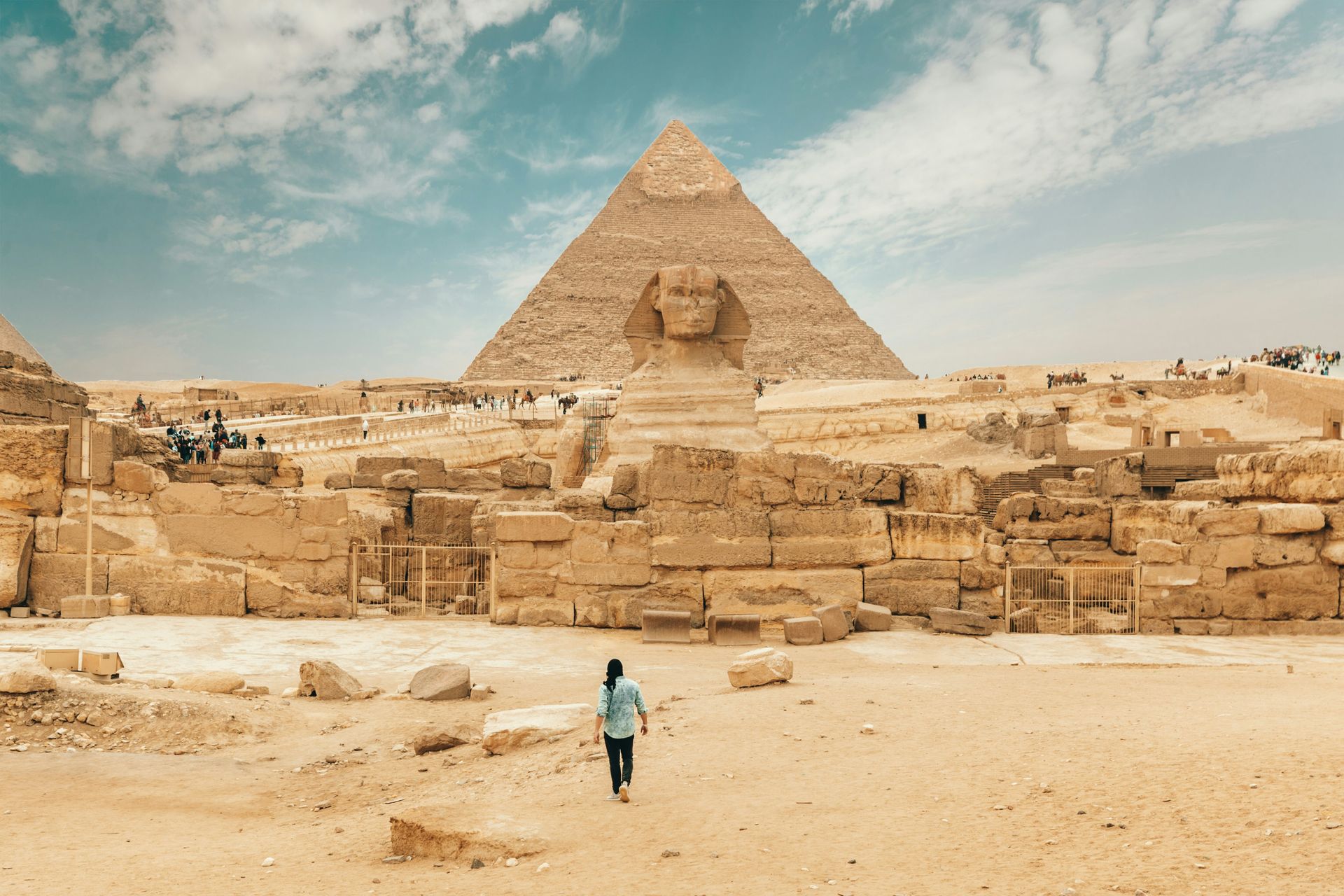
Slide title
Cairo
Button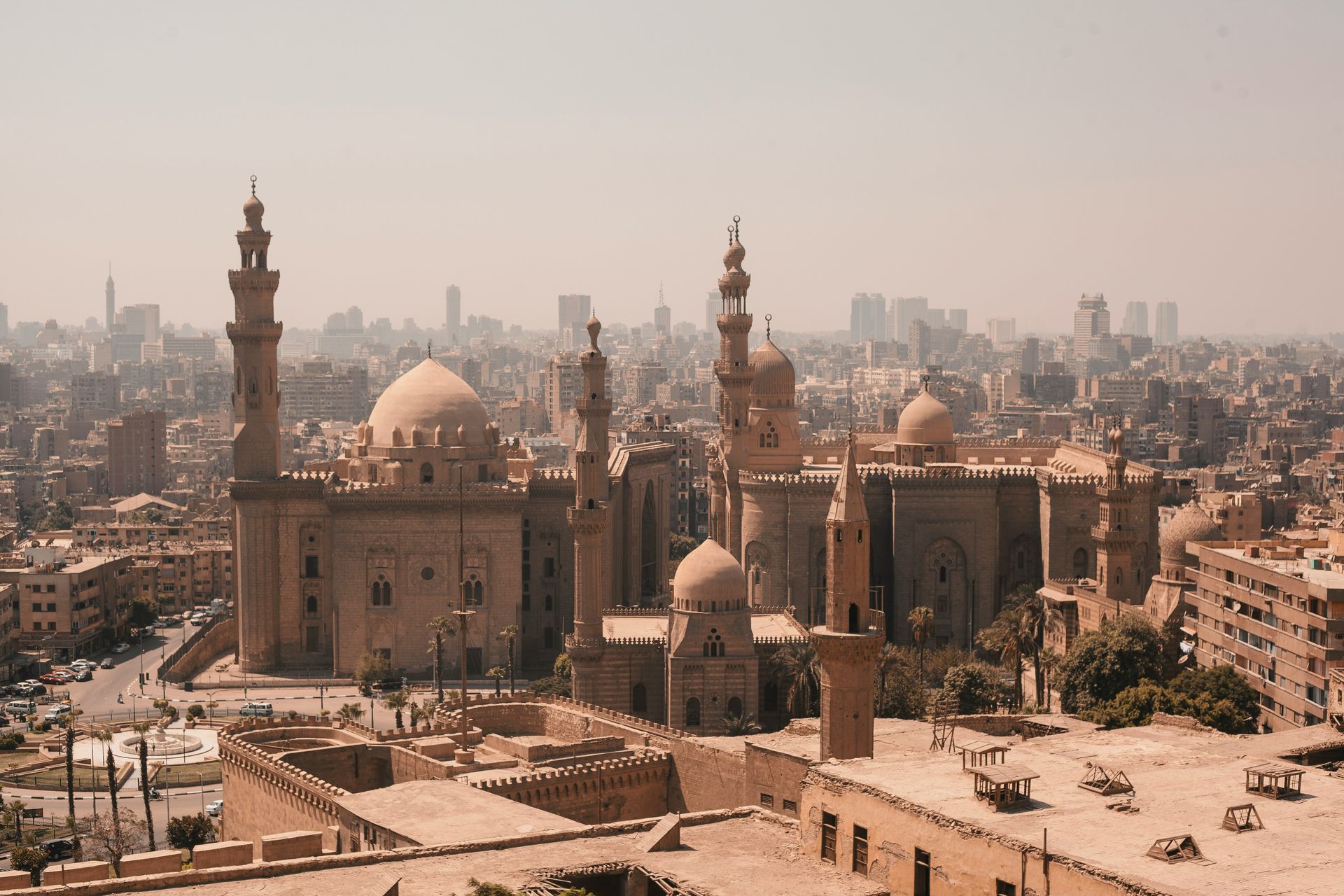
Slide title
Cairo
Button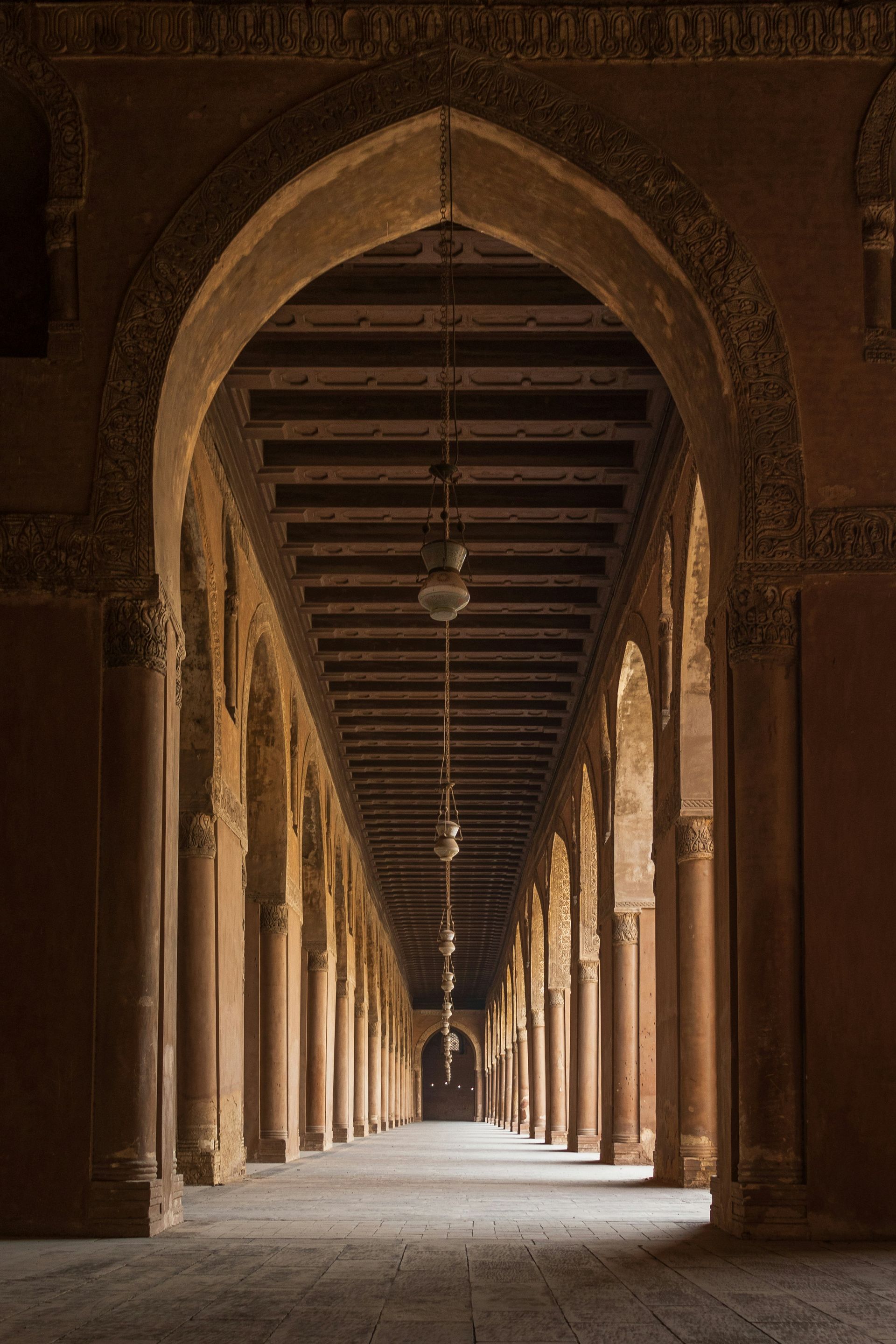
Slide title
Cairo
Button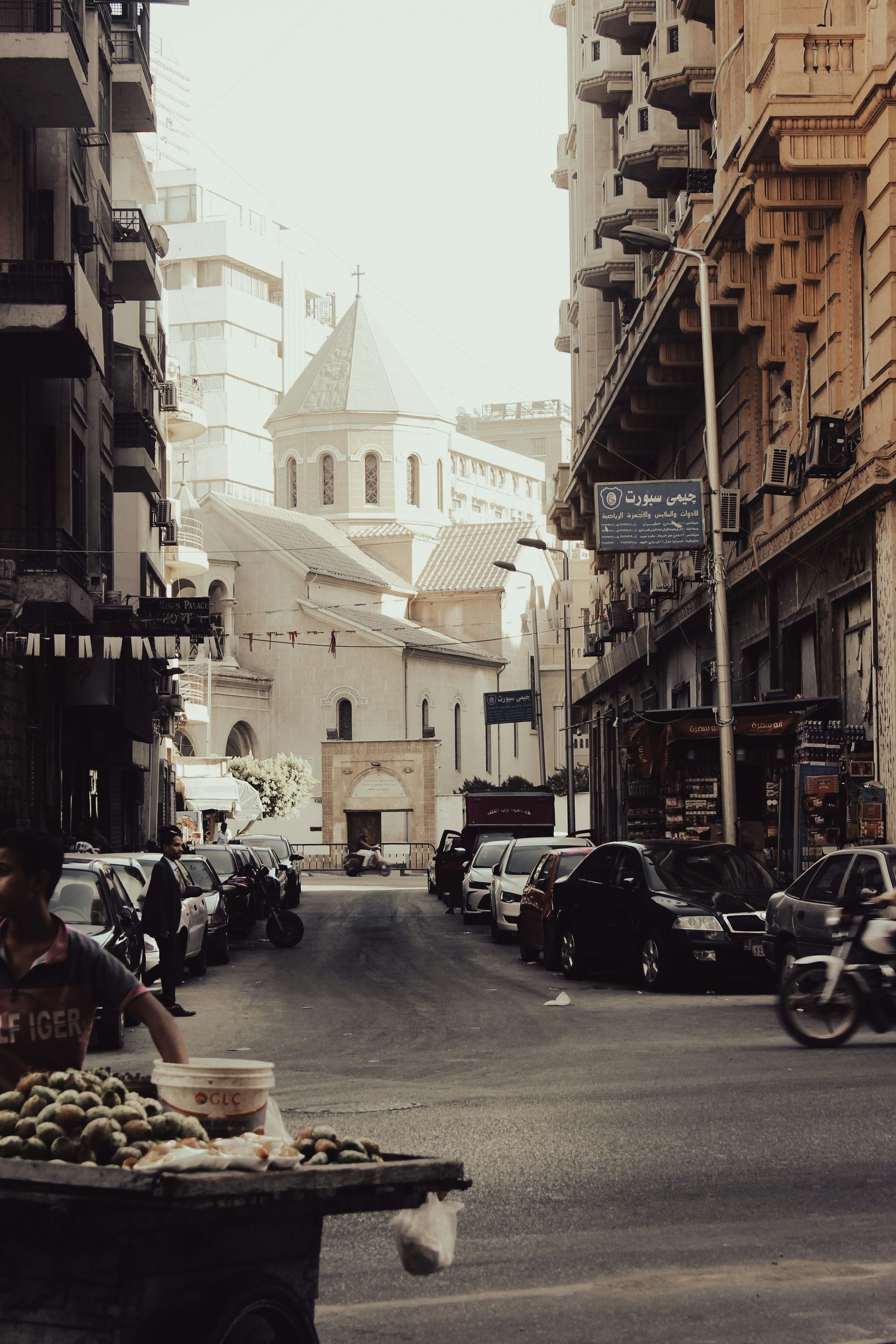
Slide title
Cairo
Button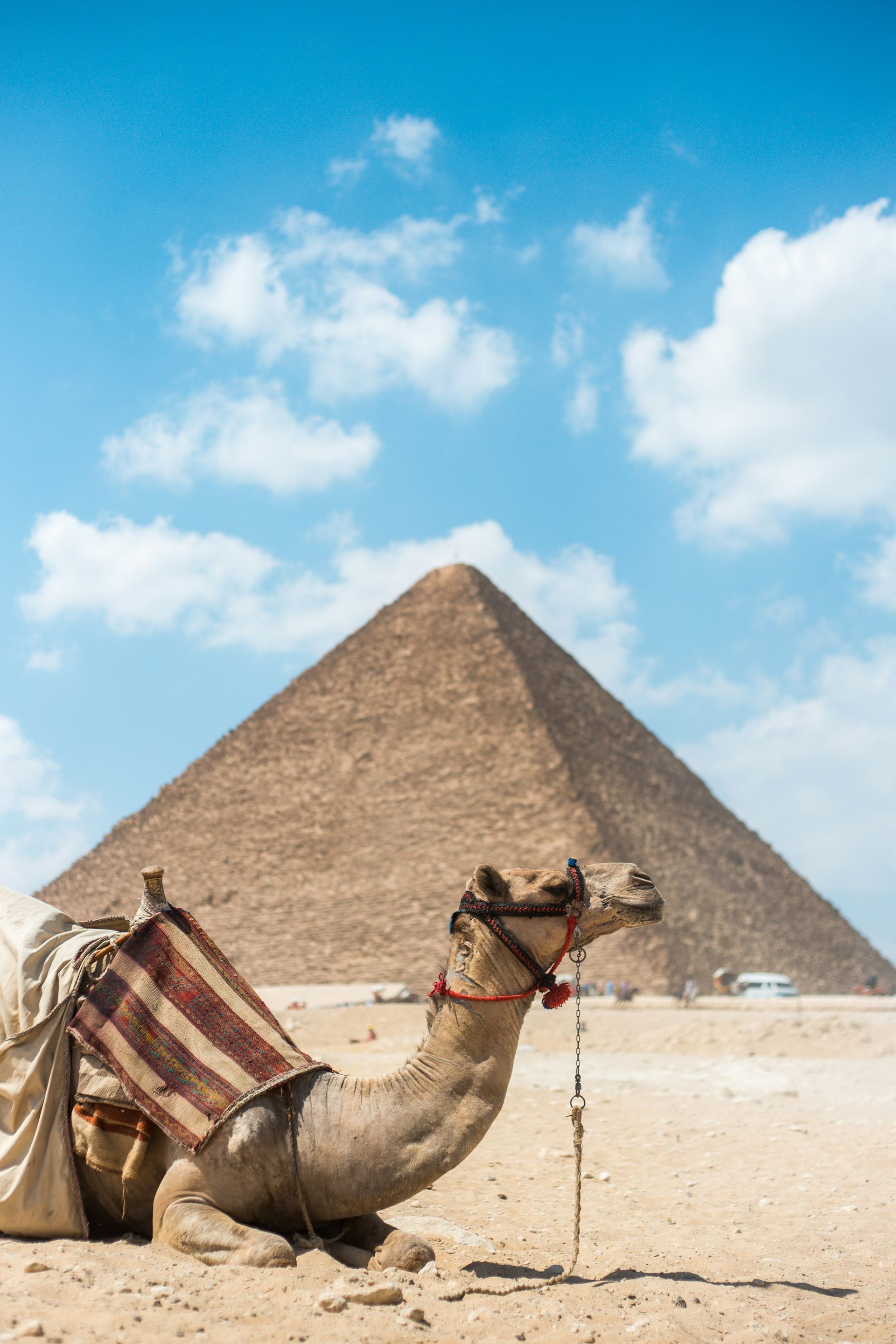
Slide title
Cairo
Button
Slide title
Cairo
Button
Slide title
Cairo
Button
Slide title
Cairo
Button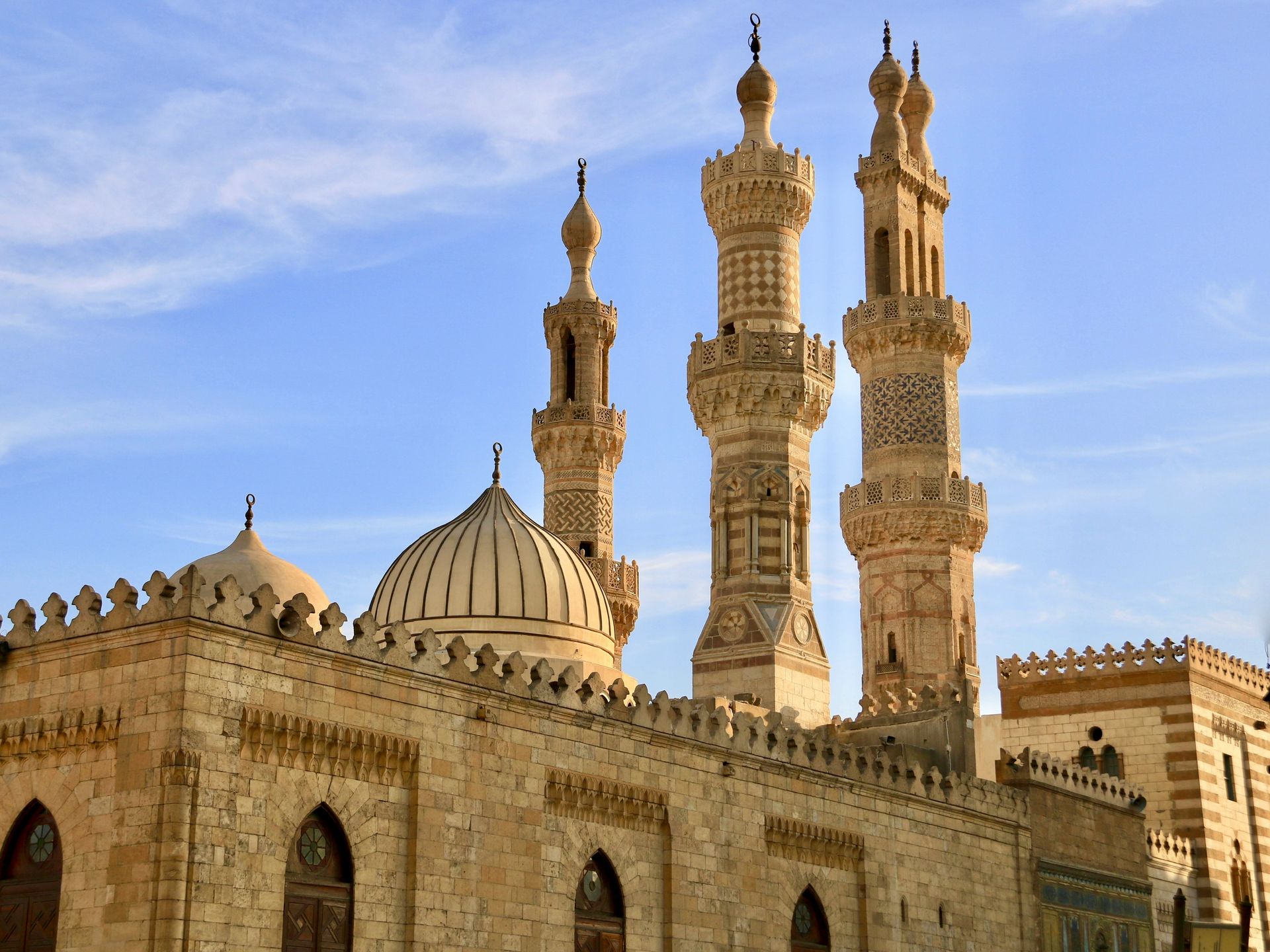
Slide title
Cairo
Button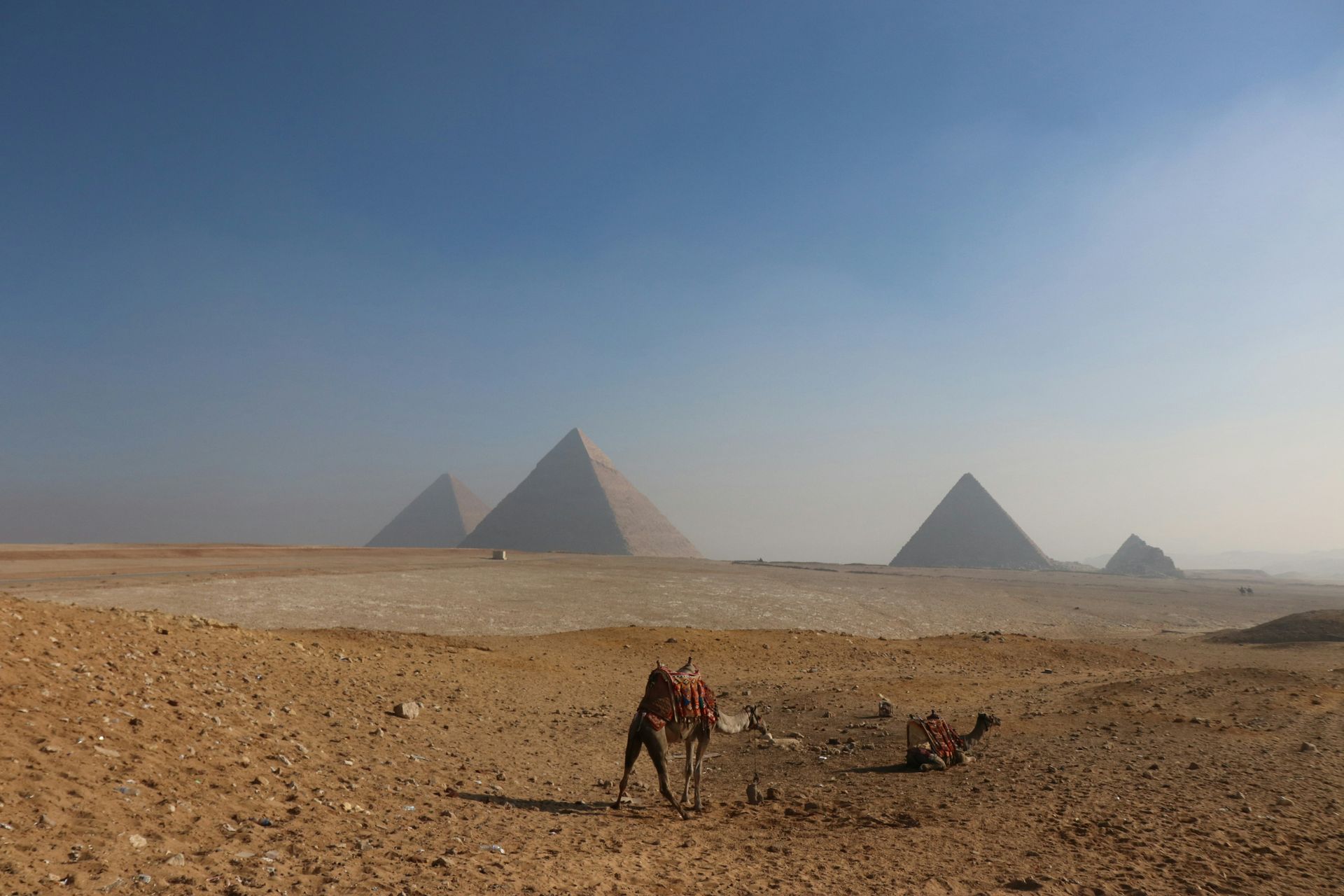
Slide title
Cairo
Button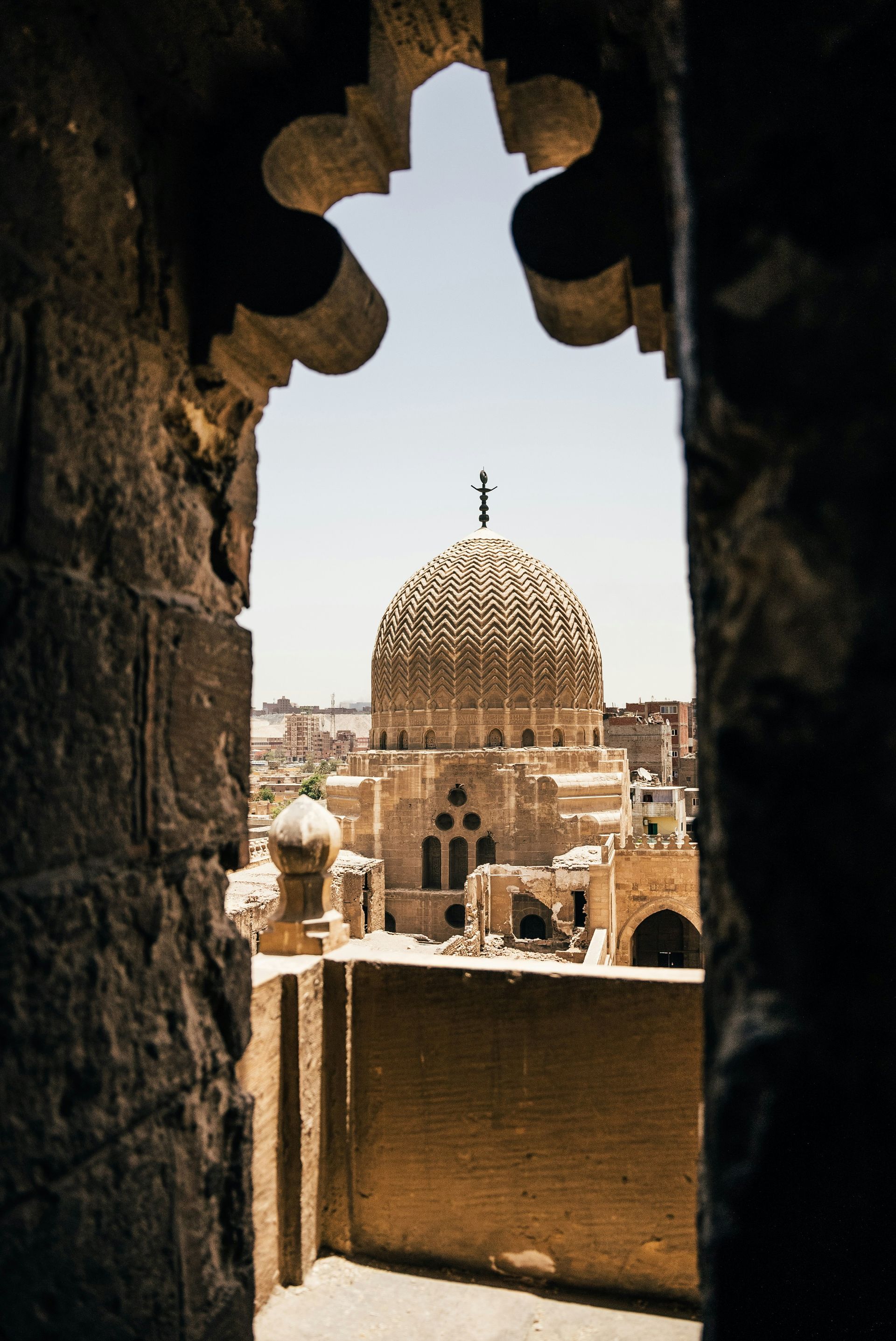
Slide title
Cairo
Button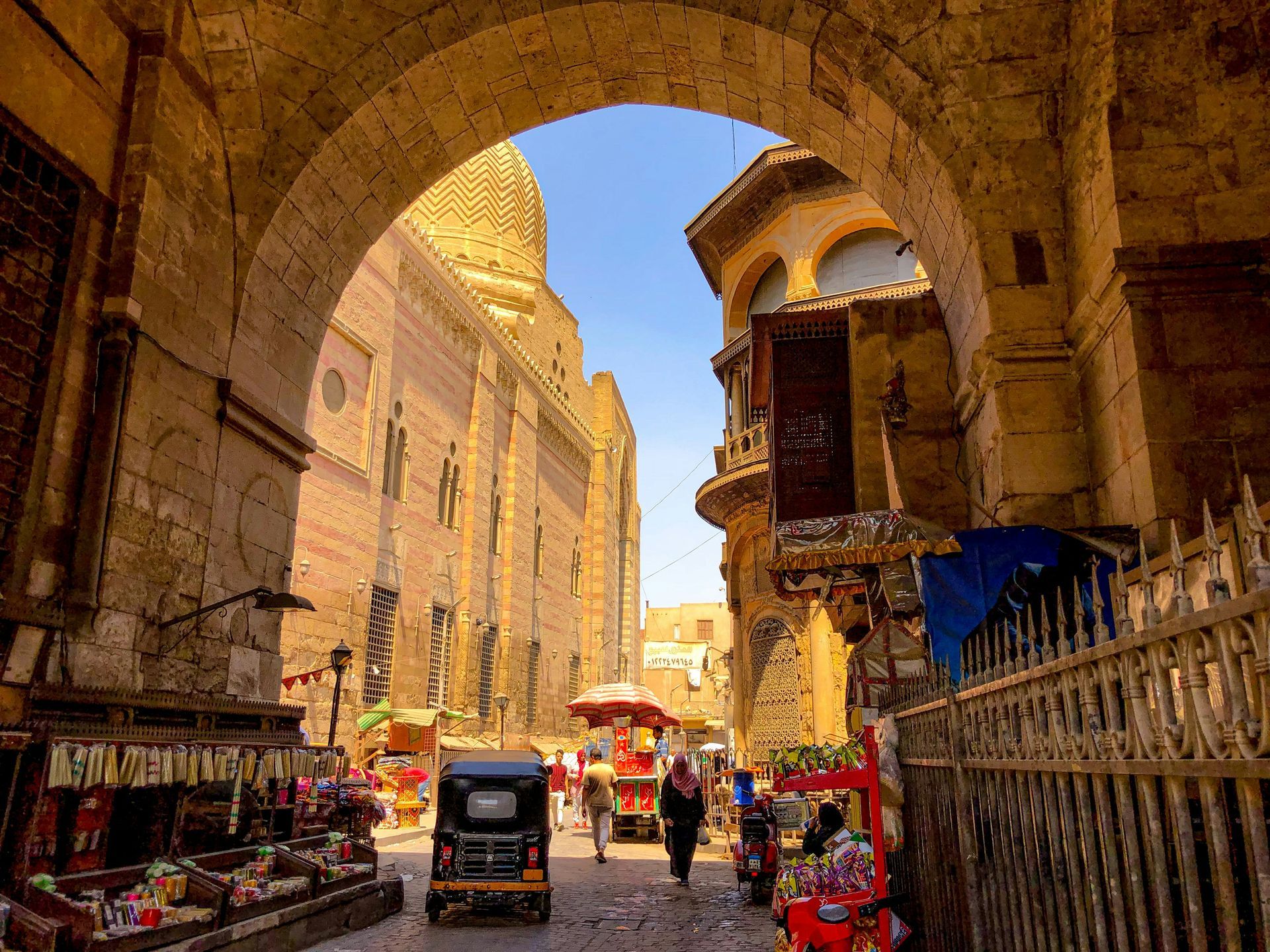
Slide title
Cairo
Button
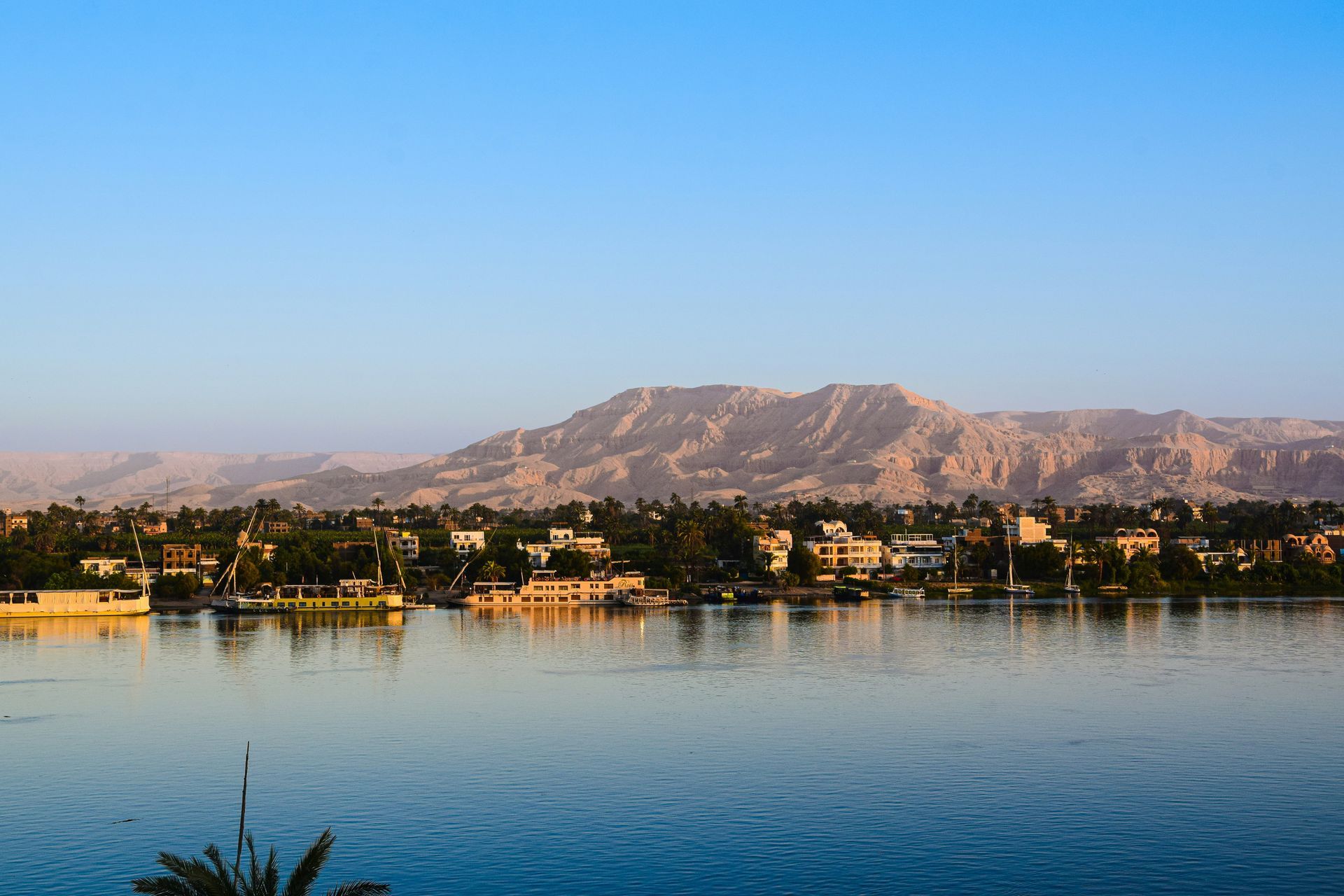
Slide title
Luxor
Button
Slide title
Luxor
Button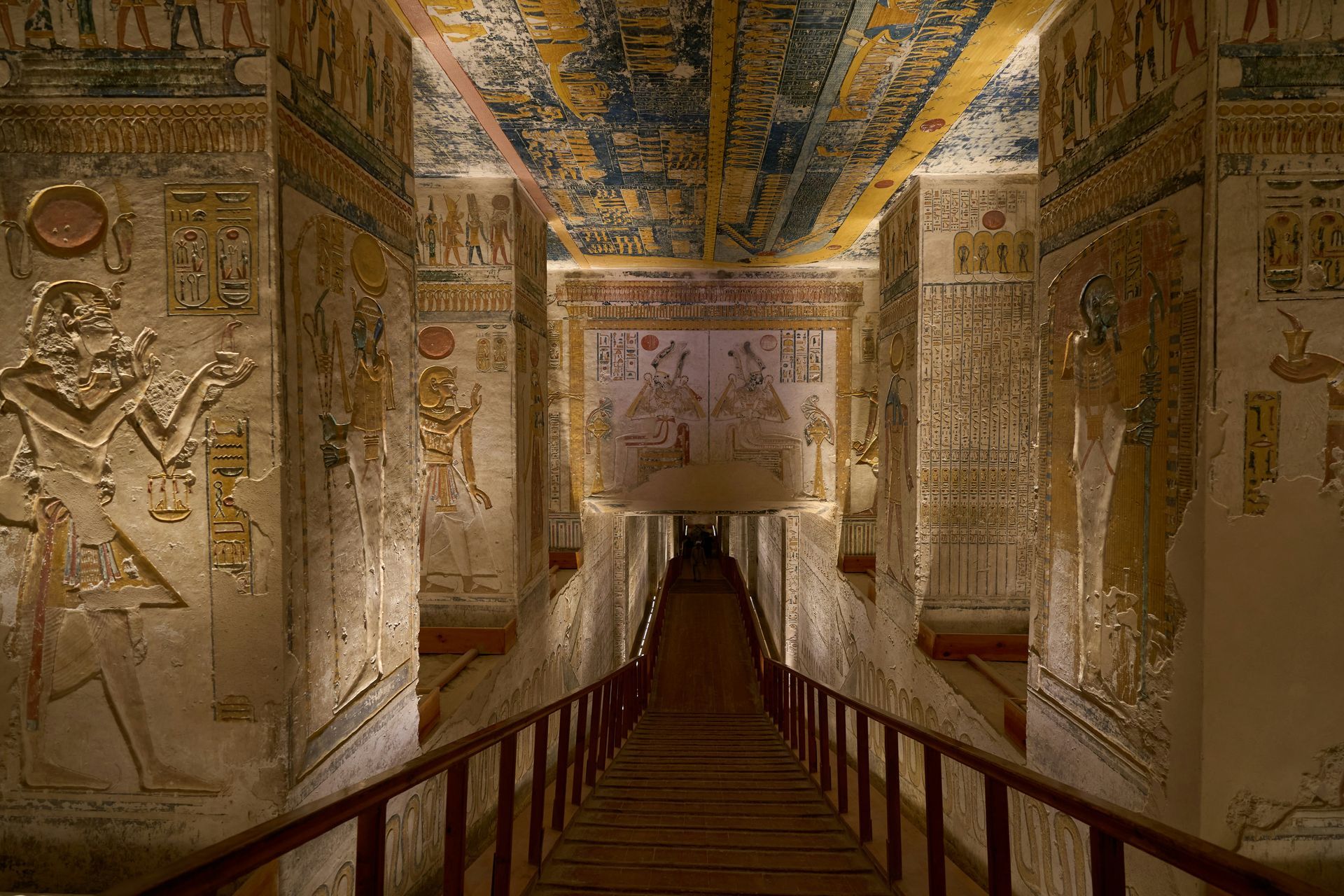
Slide title
Luxor
Button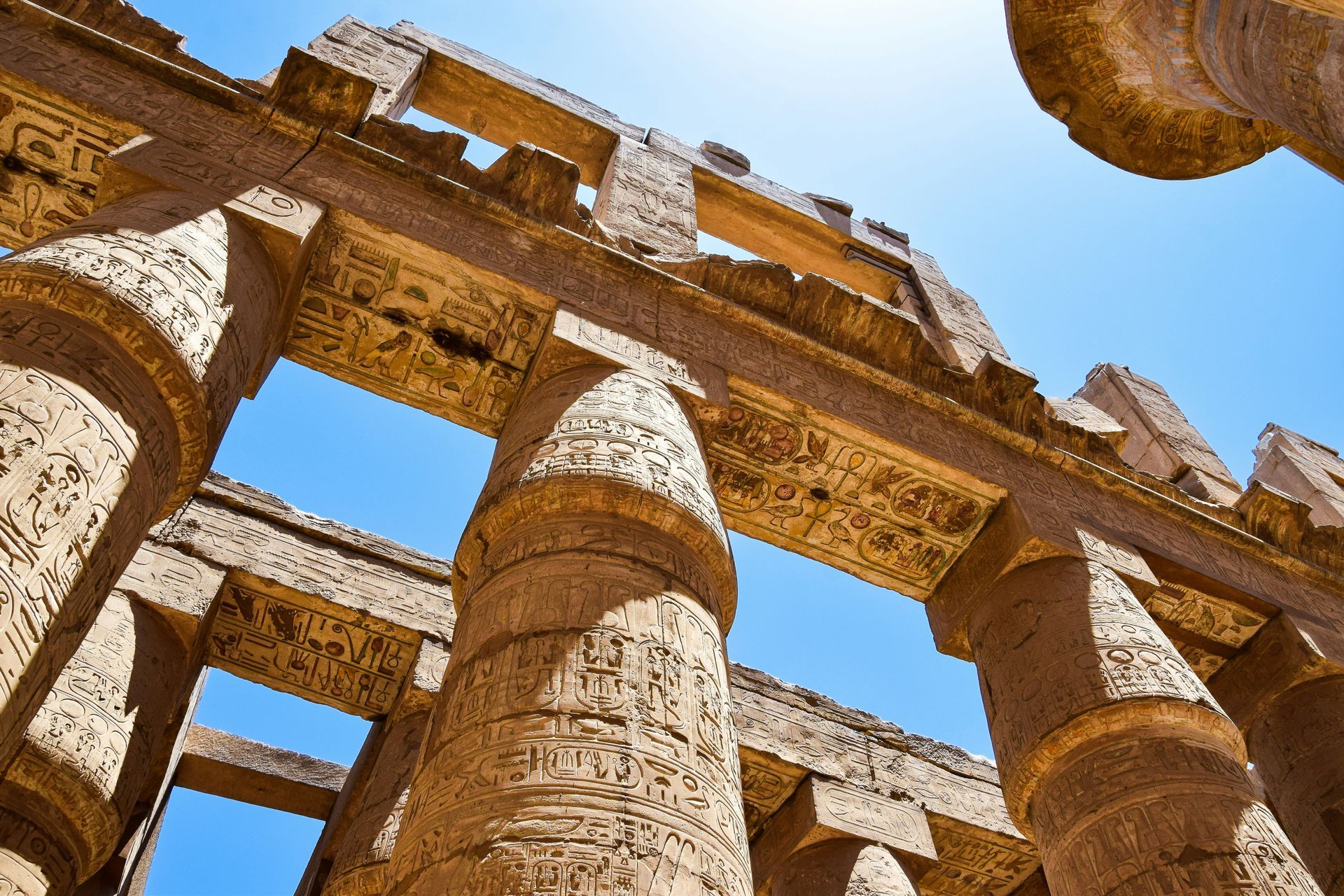
Slide title
Luxor
Button
Slide title
Luxor
Button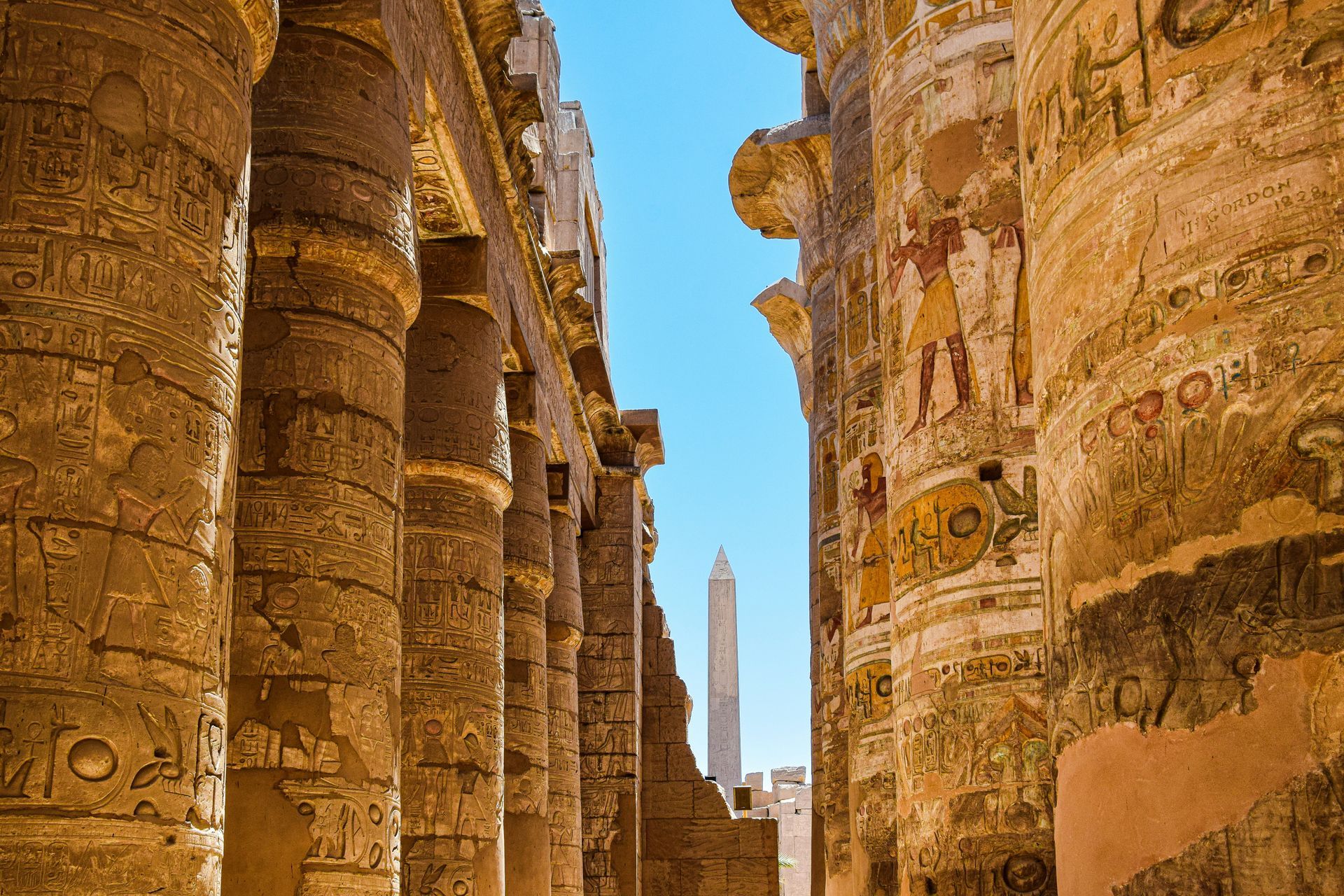
Slide title
Luxor
Button
Slide title
Luxor
Button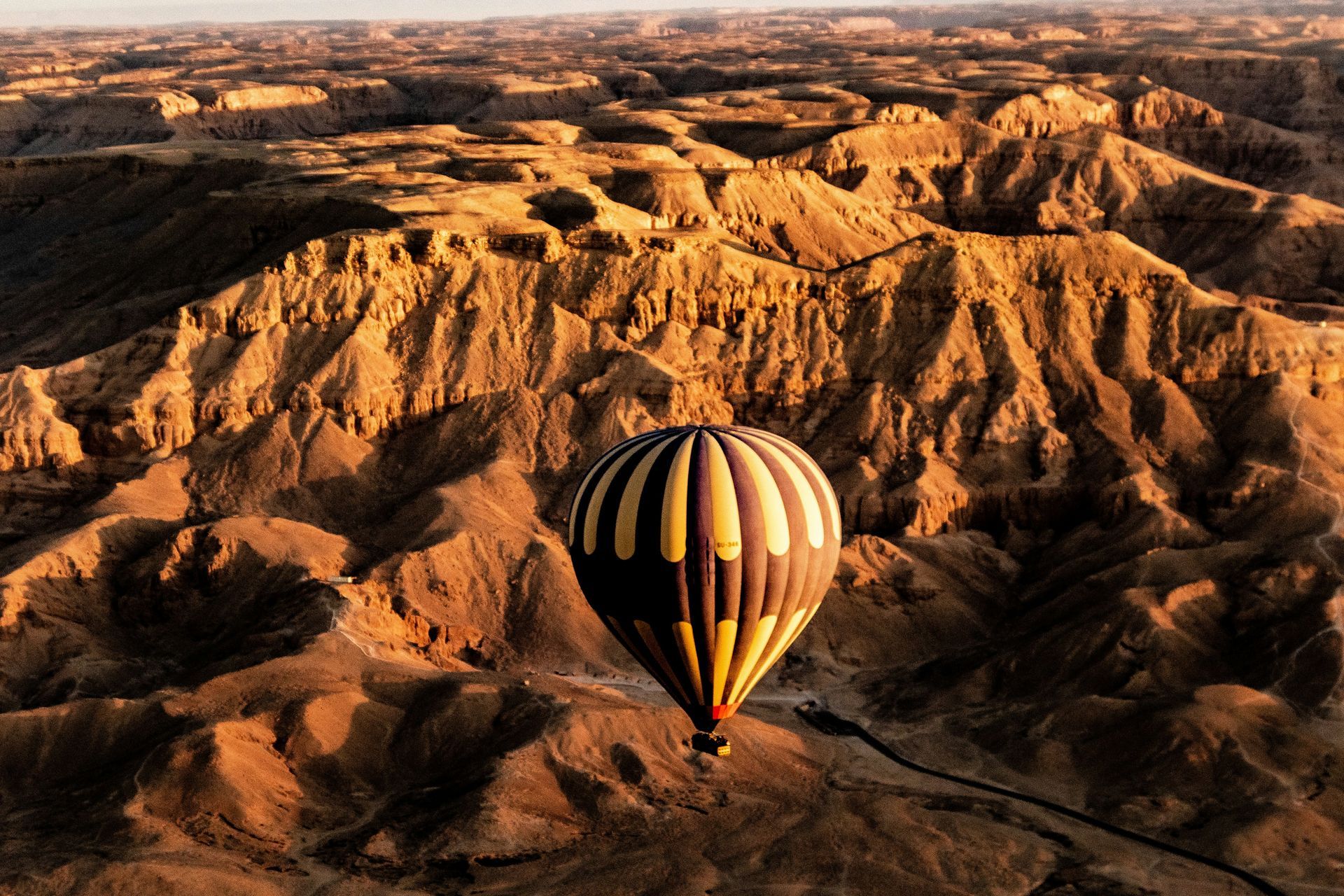
Slide title
Luxor
Button

Slide title
Sharm El-Sheikh
Button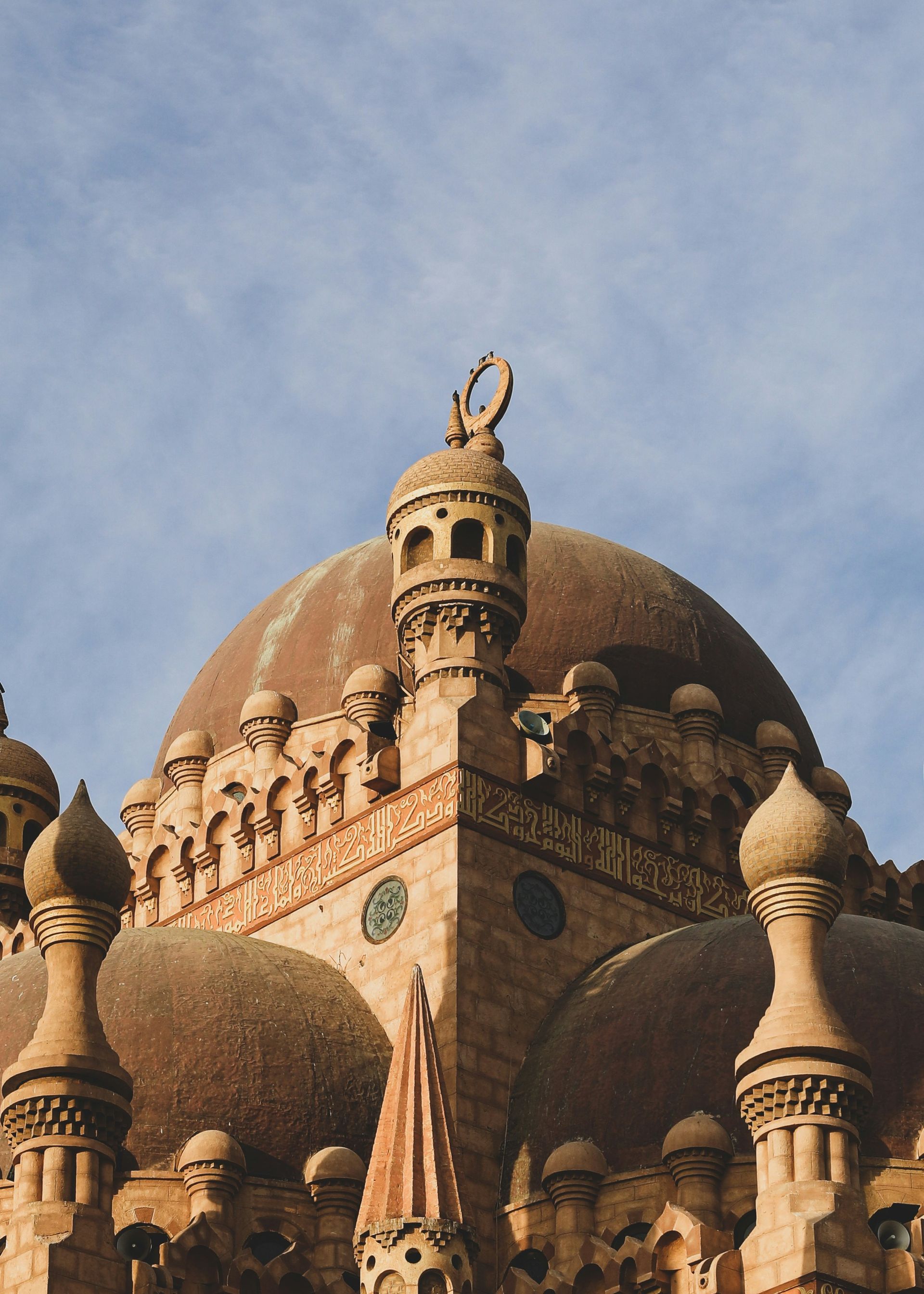
Slide title
Sharm El-Sheikh
Button
Slide title
Sharm El-Sheikh
Button
Slide title
Sharm El-Sheikh
Button
Slide title
Sharm El-Sheikh
Button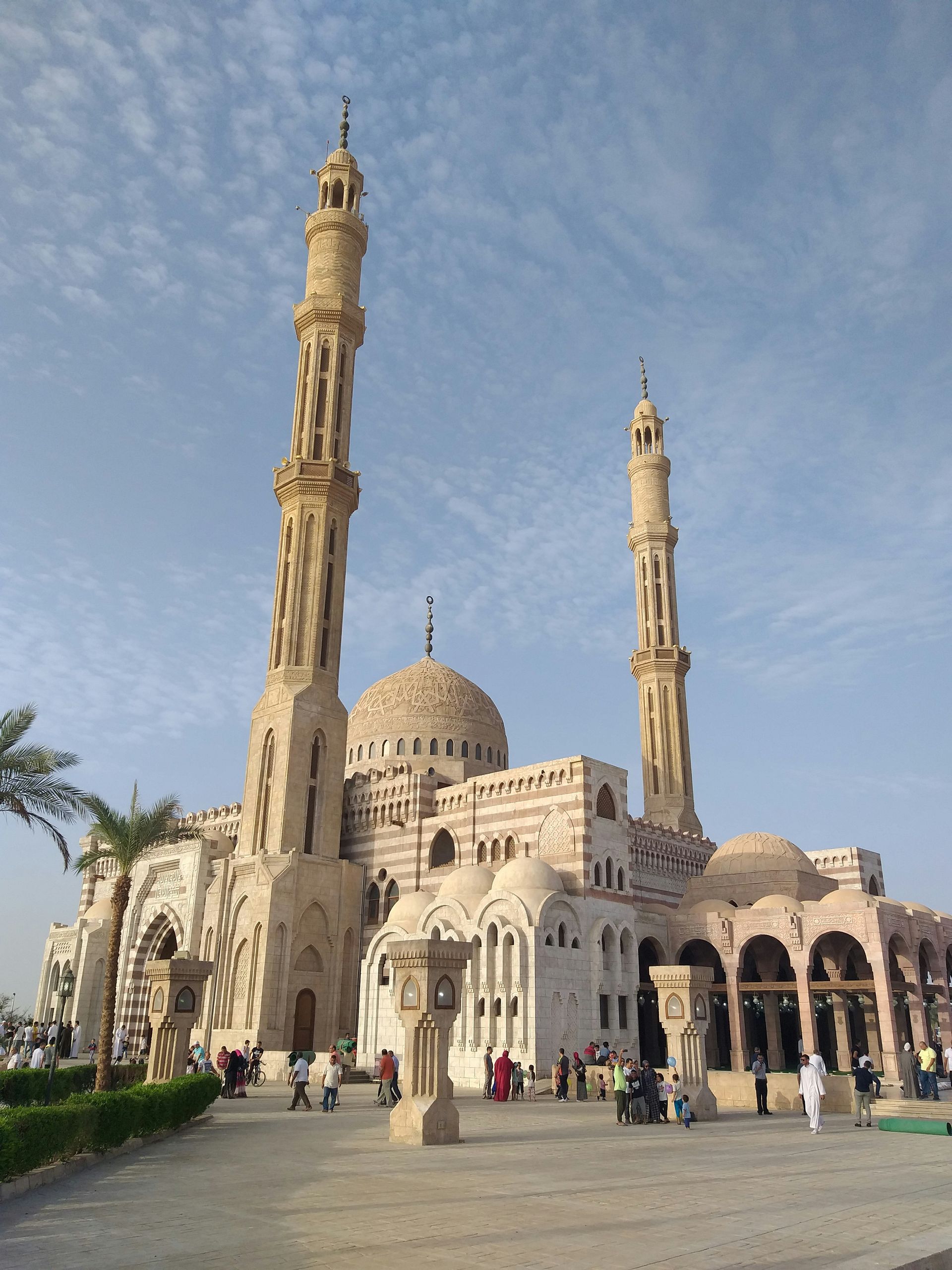
Slide title
Sharm El-Sheikh
Button
Slide title
Sharm El-Sheikh
Button
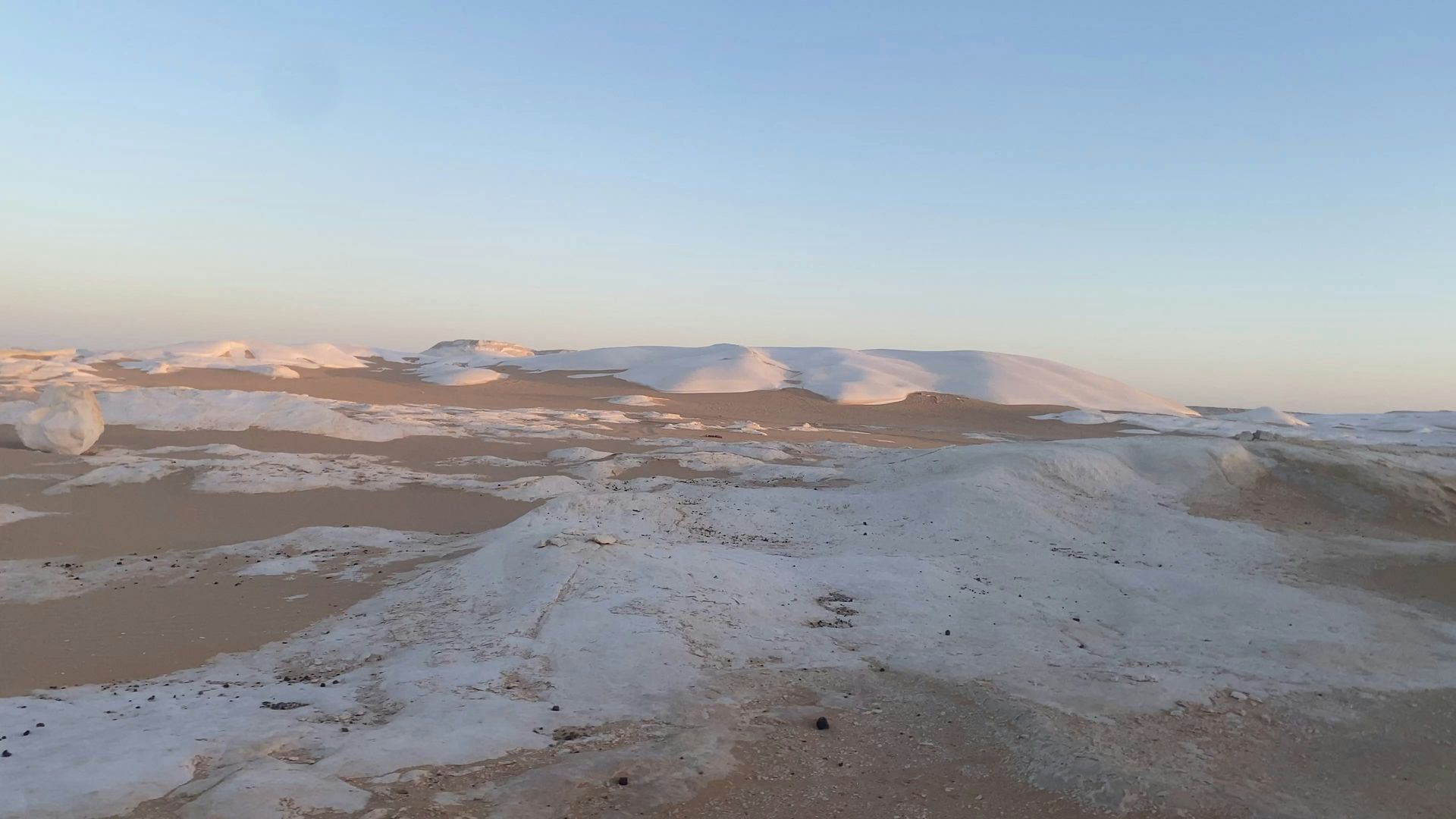
Slide title
Désert Blanc
Button
Slide title
Désert Blanc
Button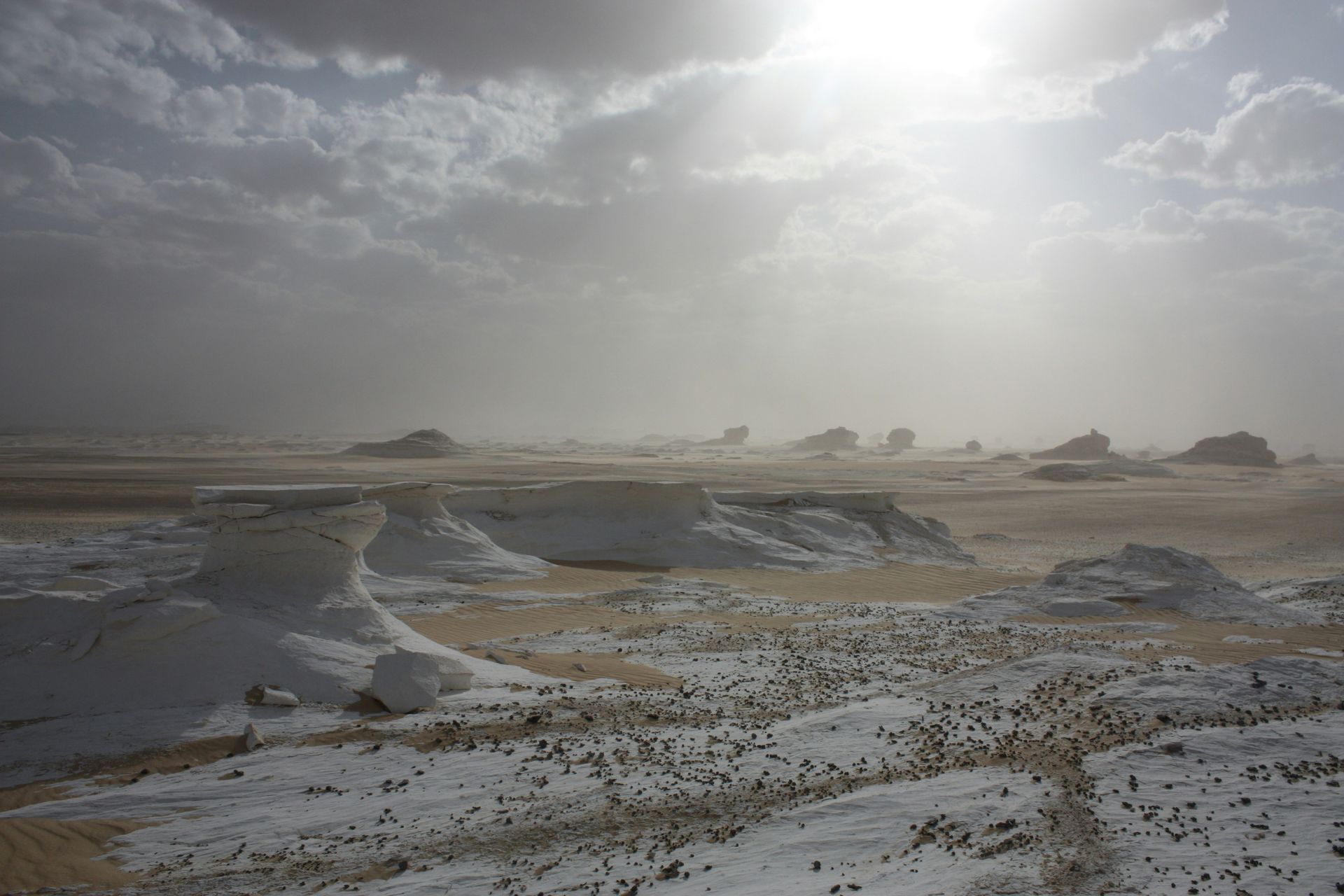
Slide title
Désert Blanc
Button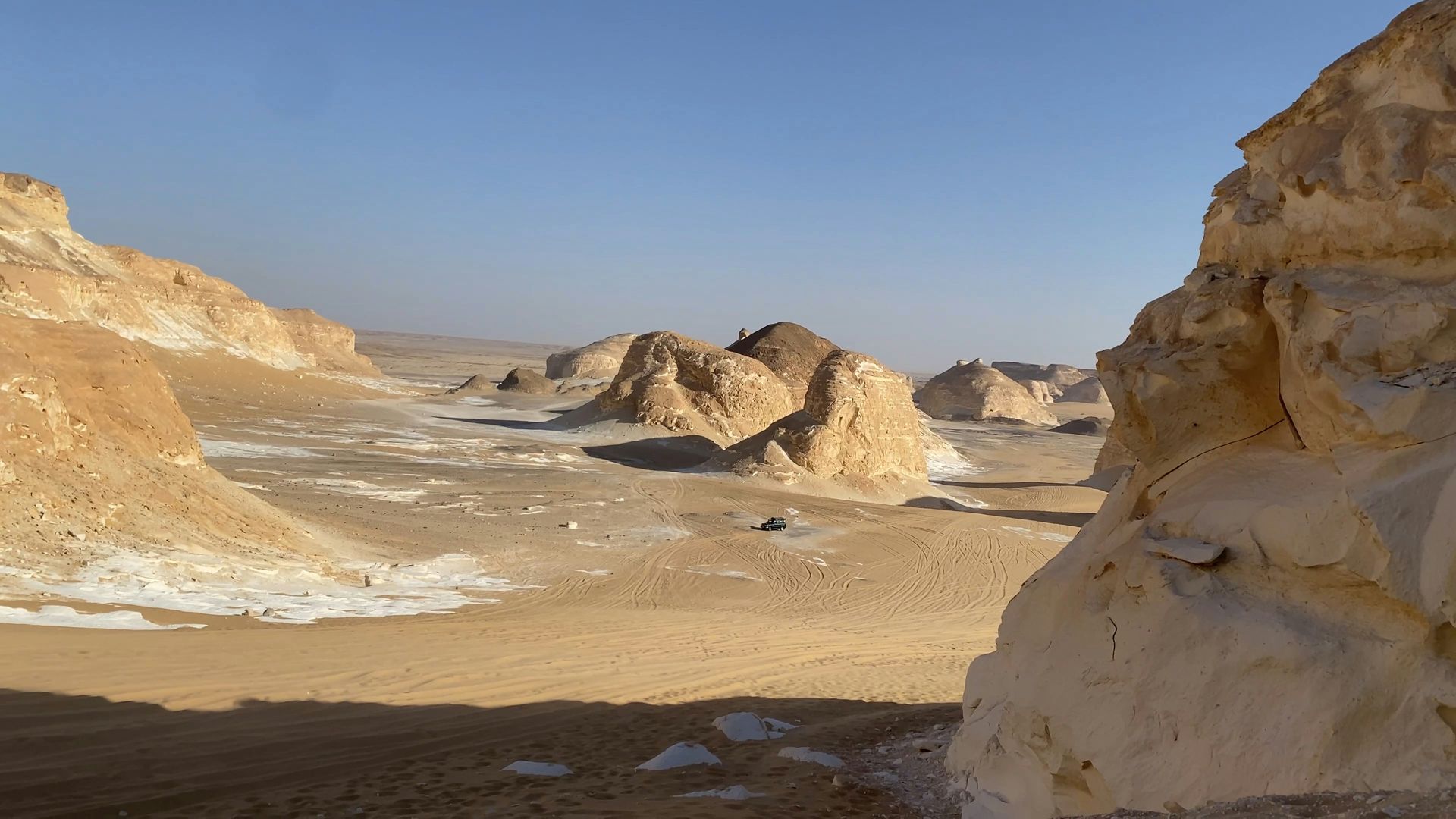
Slide title
Désert Blanc
Button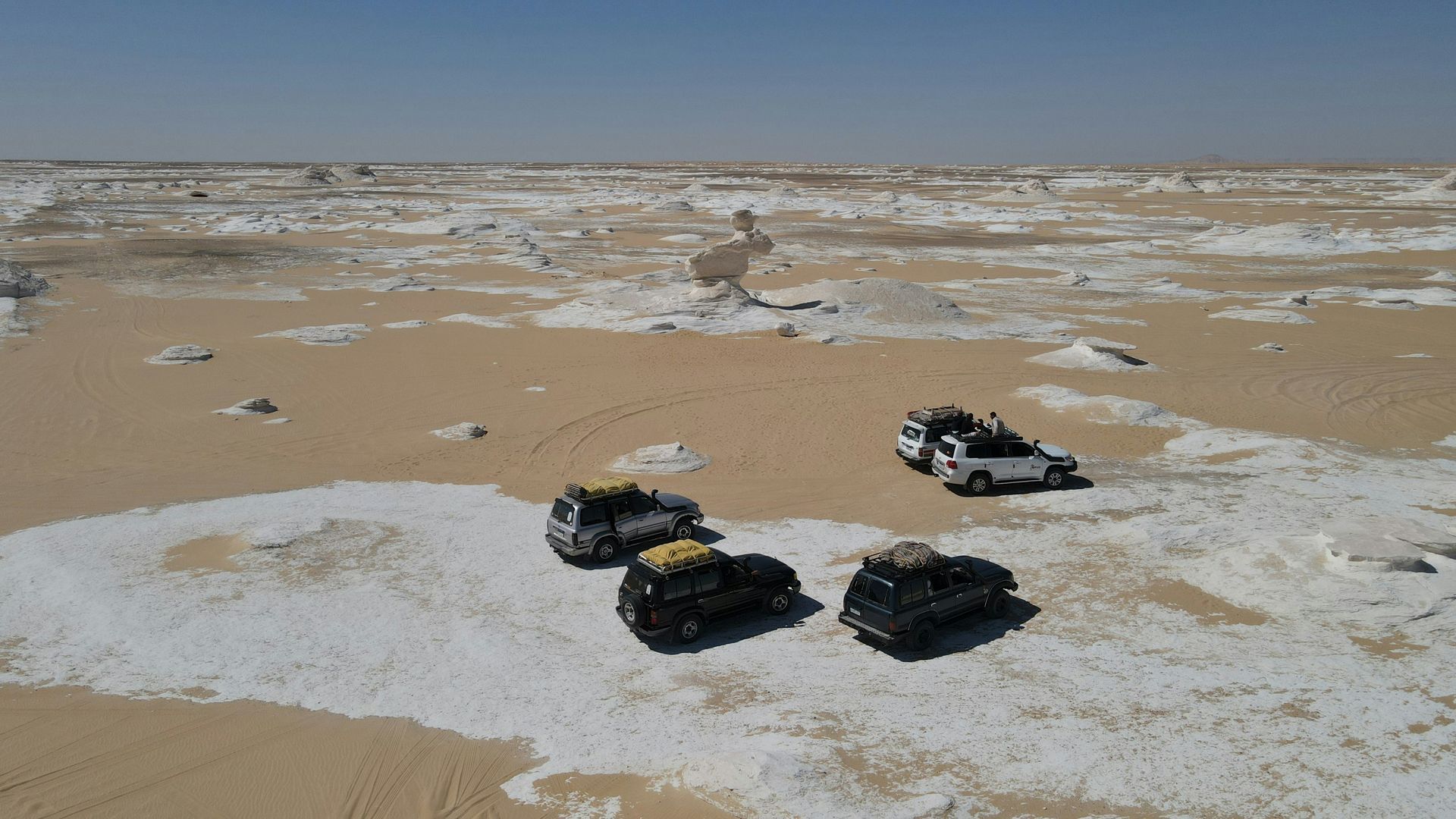
Slide title
Désert Blanc
Button
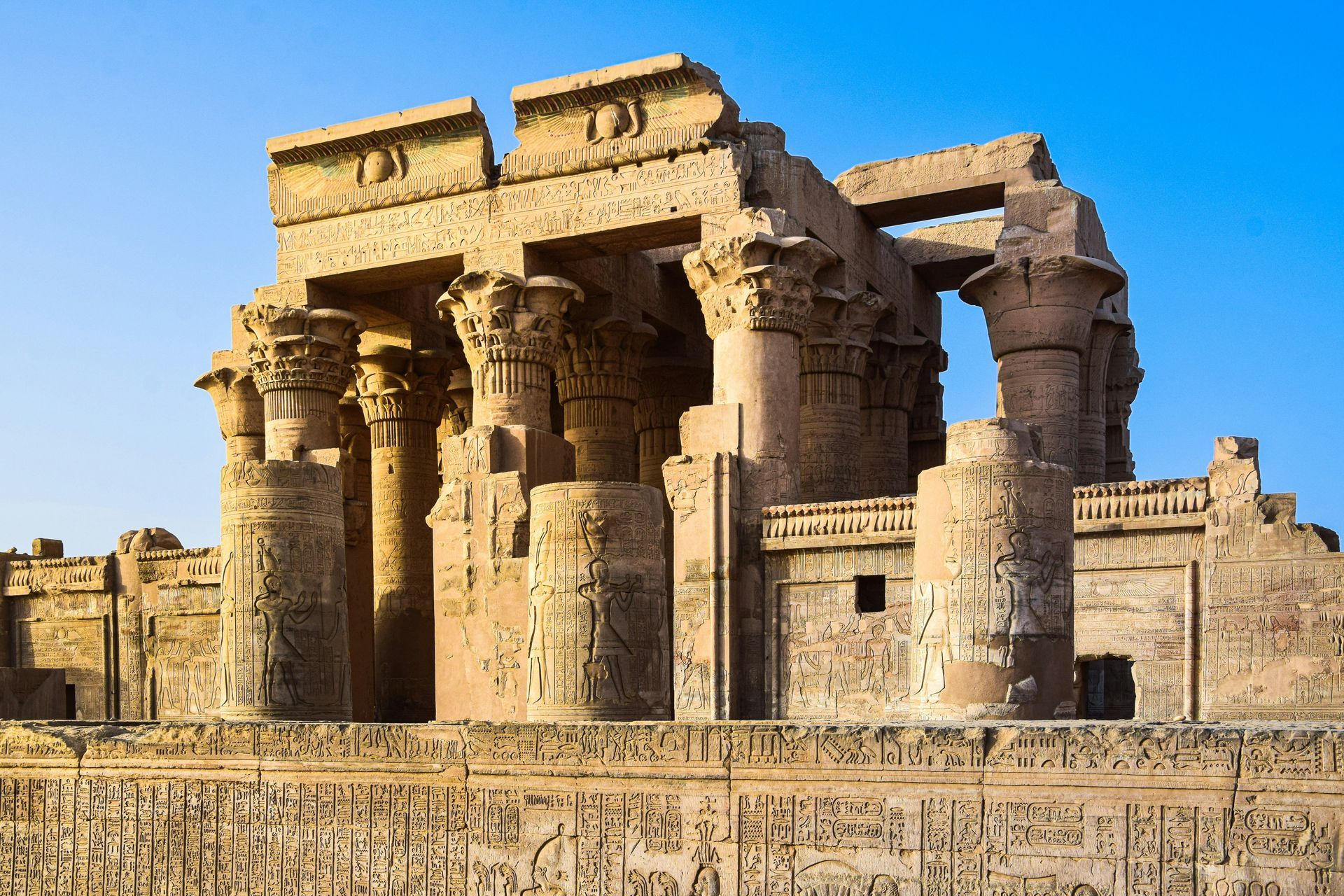
Slide title
Kom Ombo
Button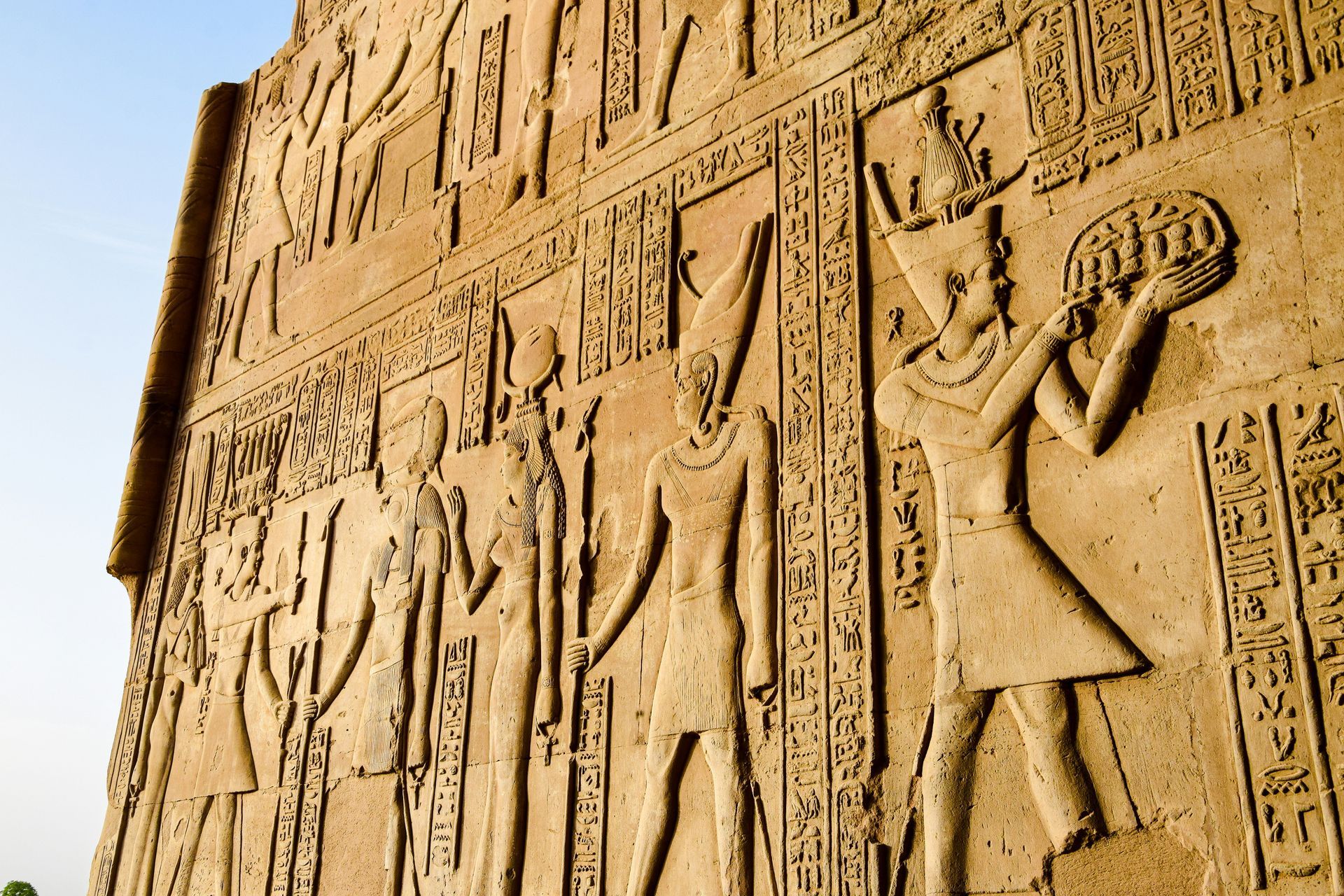
Slide title
Kom Ombo
Button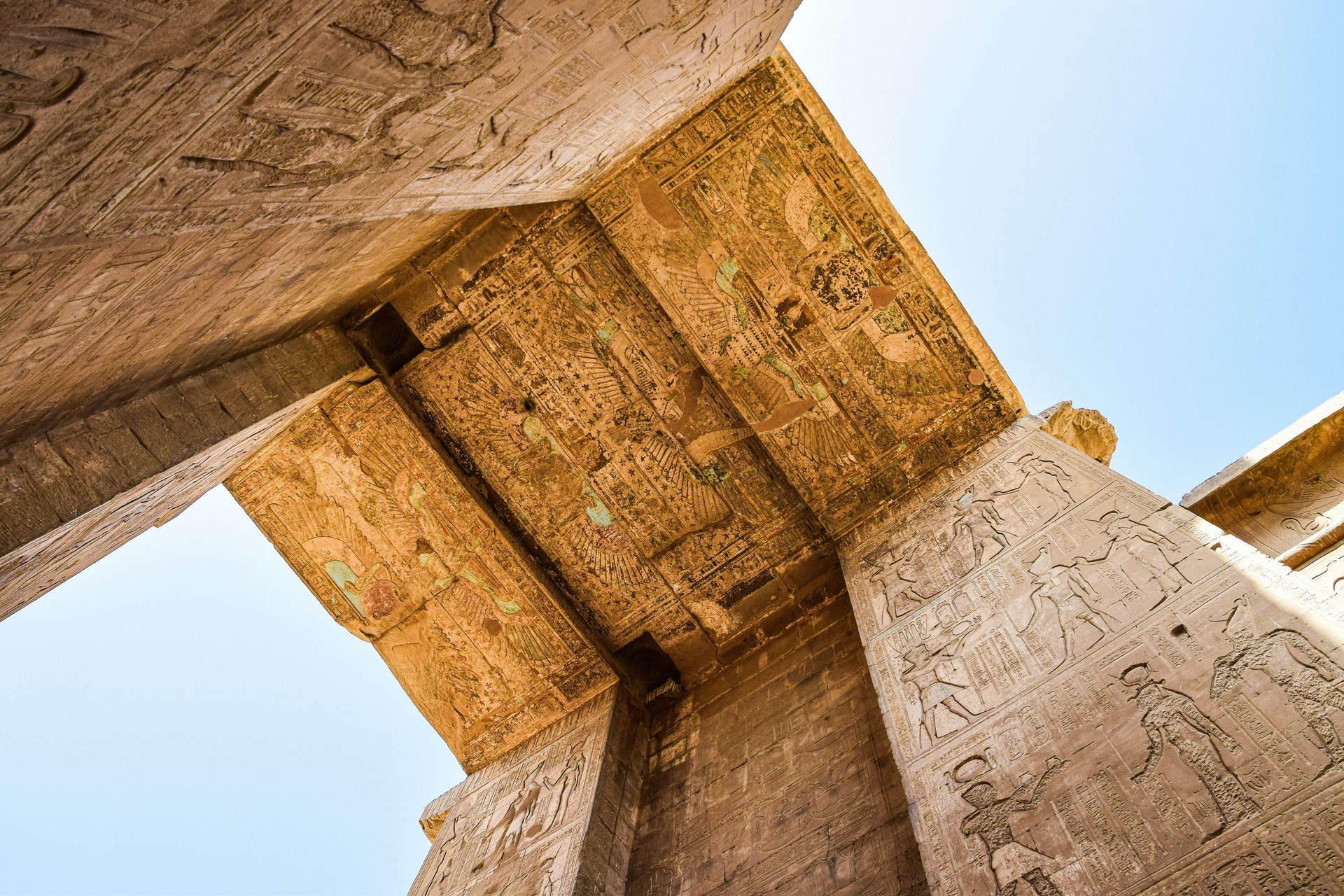
Slide title
Kom Ombo
Button
Slide title
Kom Ombo
Button
Slide title
Kom Ombo
Button
Slide title
Kom Ombo
Button
Slide title
Kom Ombo
Button
Slide title
Kom Ombo
Button

Slide title
Aswan
Button
Slide title
Aswan
Button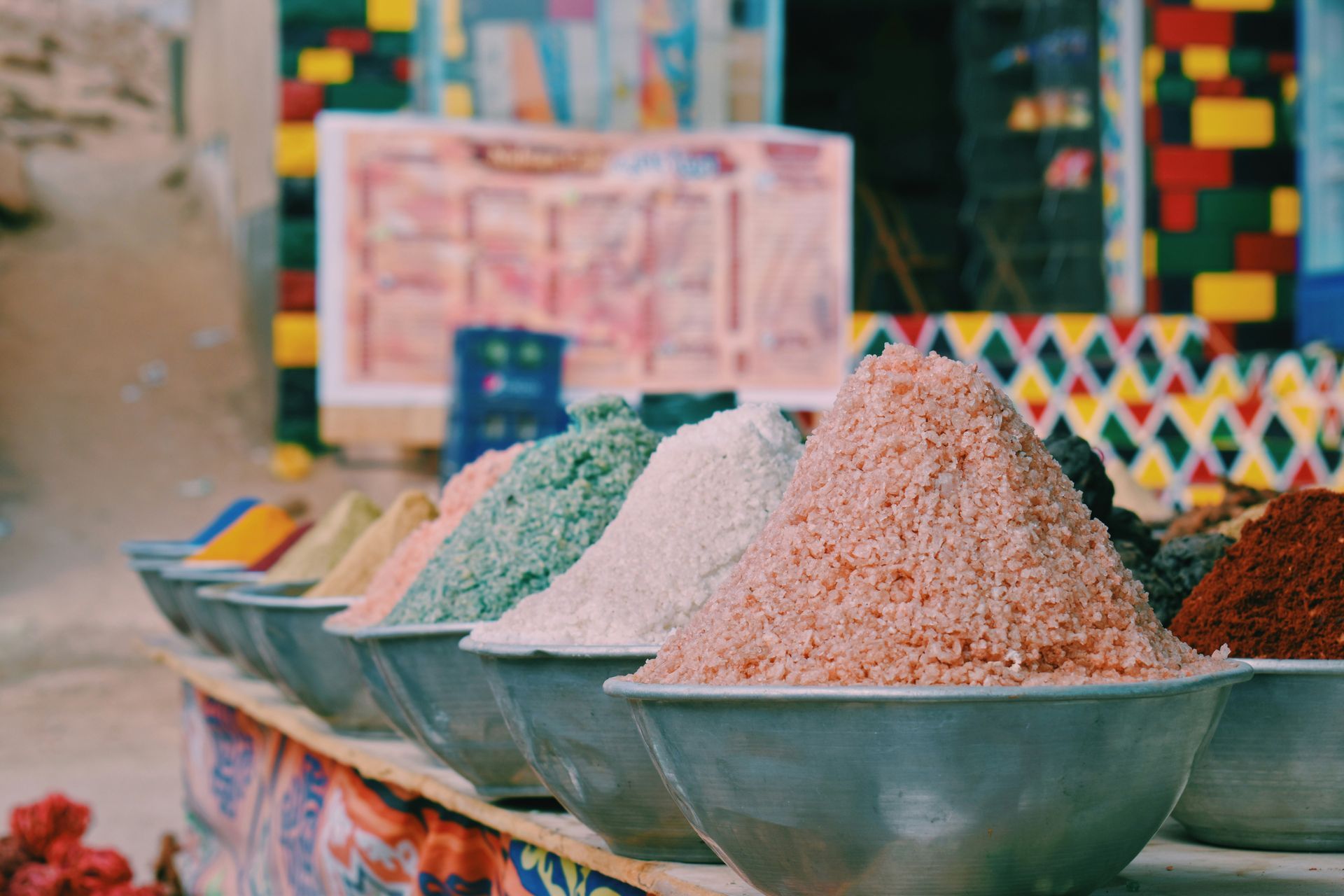
Slide title
Aswan
Button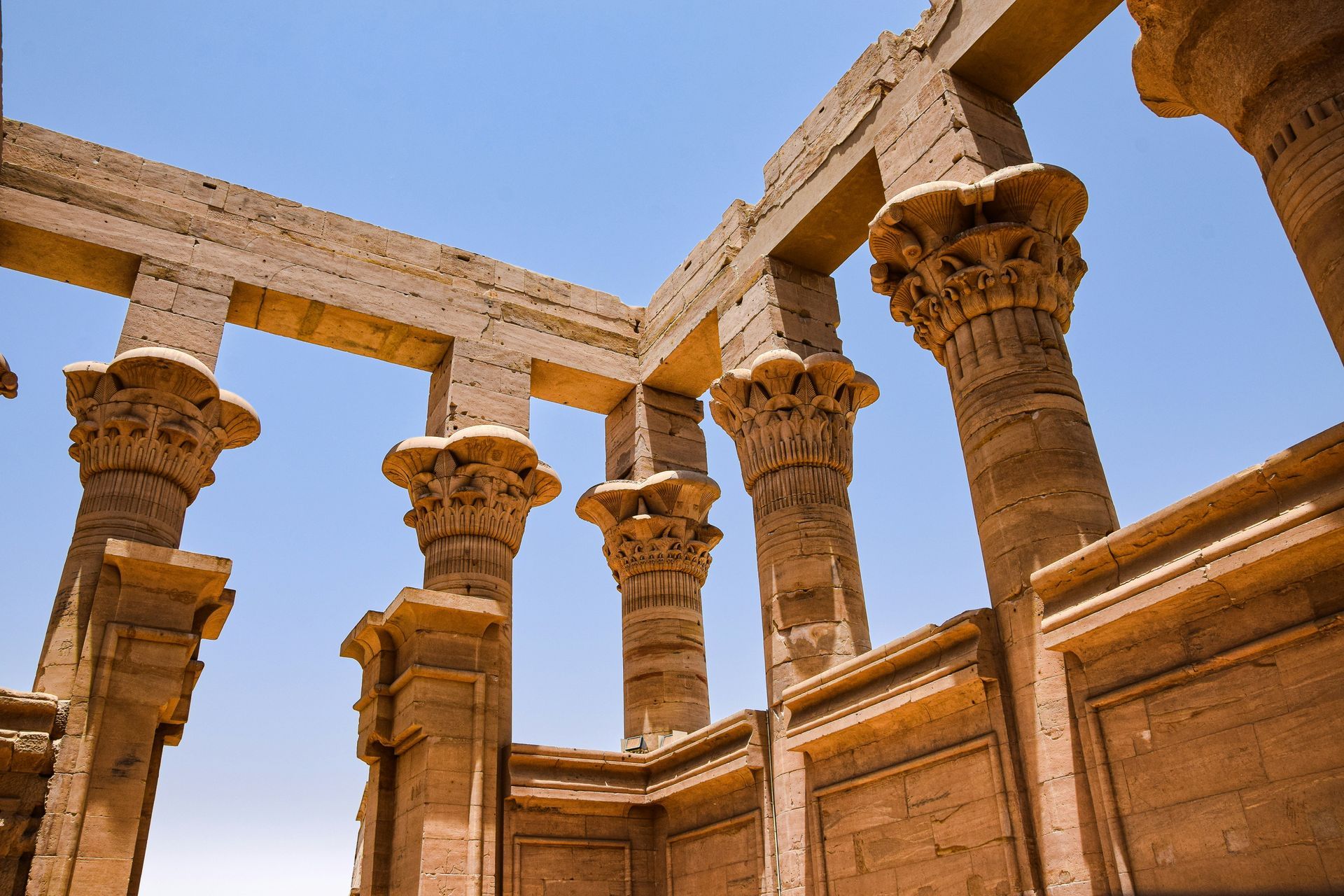
Slide title
Aswan
Button
Slide title
Aswan
Button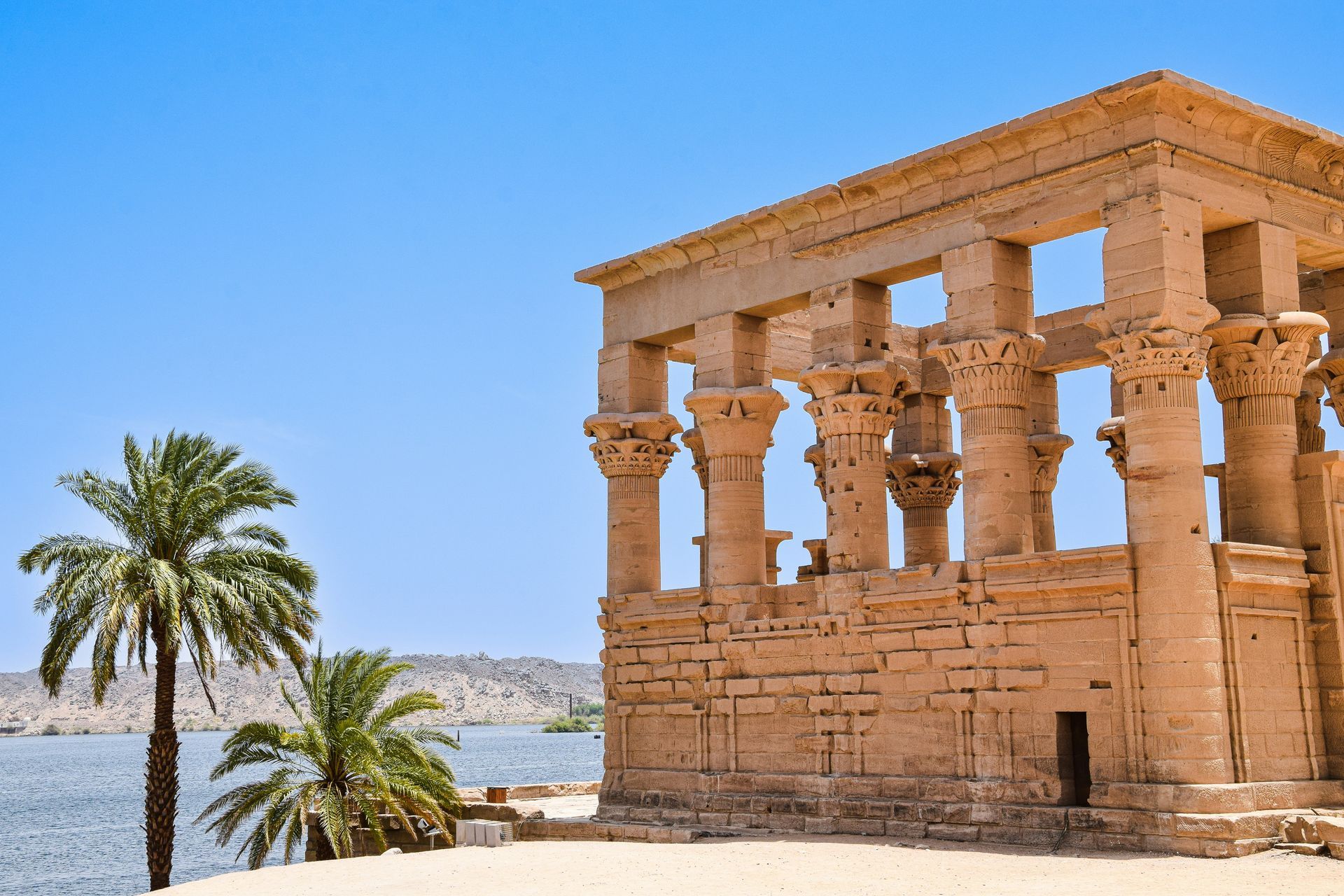
Slide title
Aswan
Button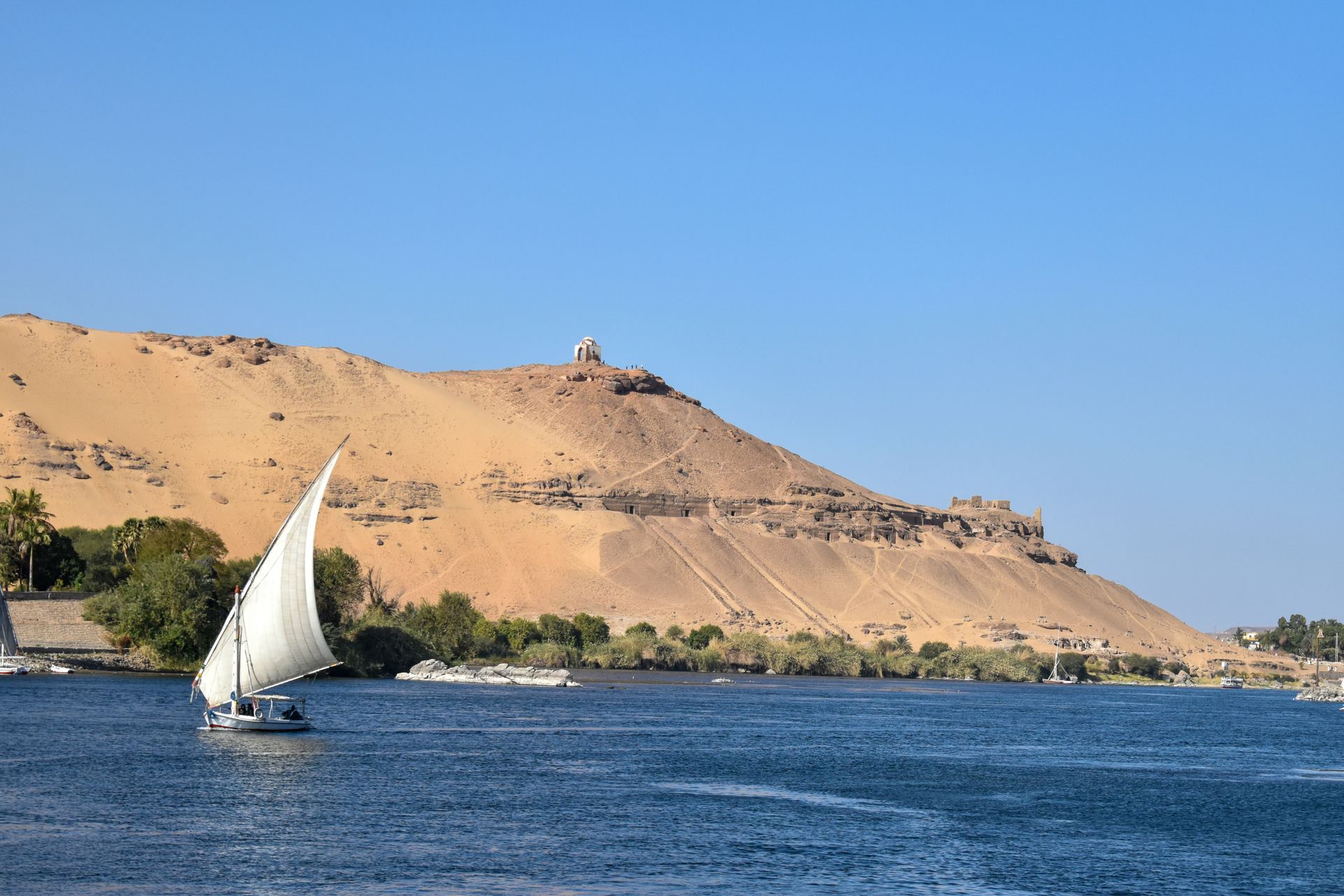
Slide title
Aswan
Button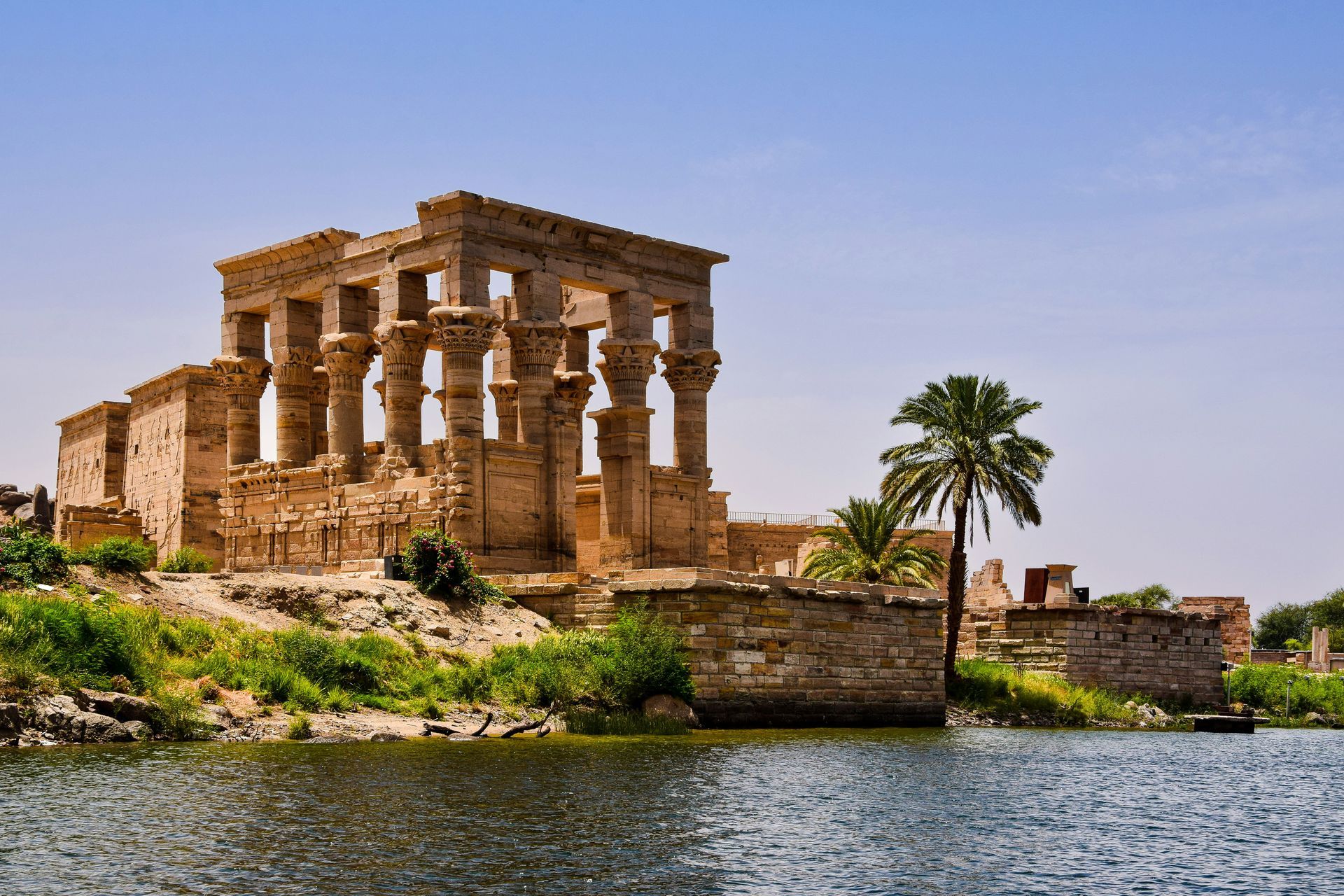
Slide title
Aswan
Button
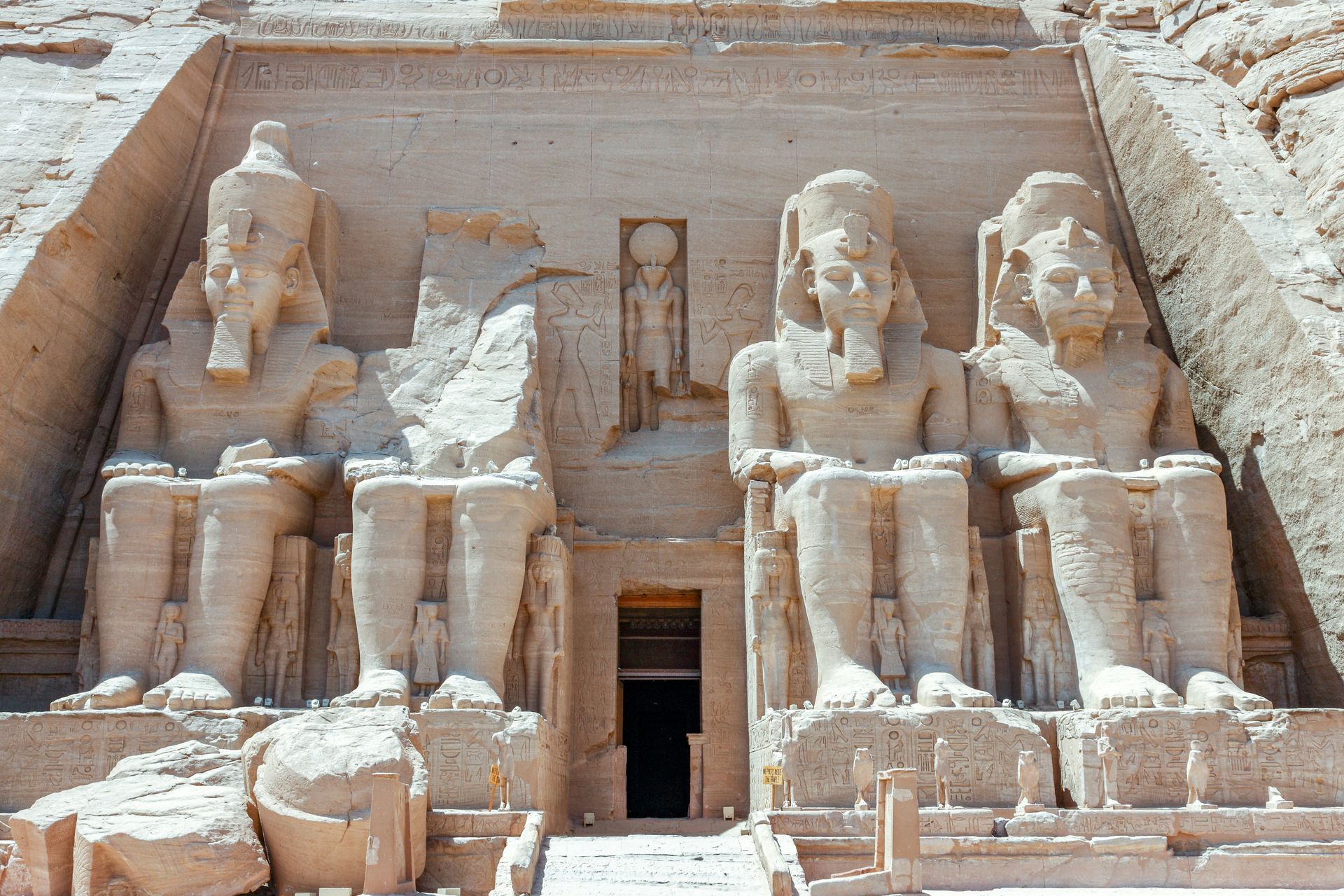
Slide title
Abu Simbel
Button
Slide title
Abu Simbel
Button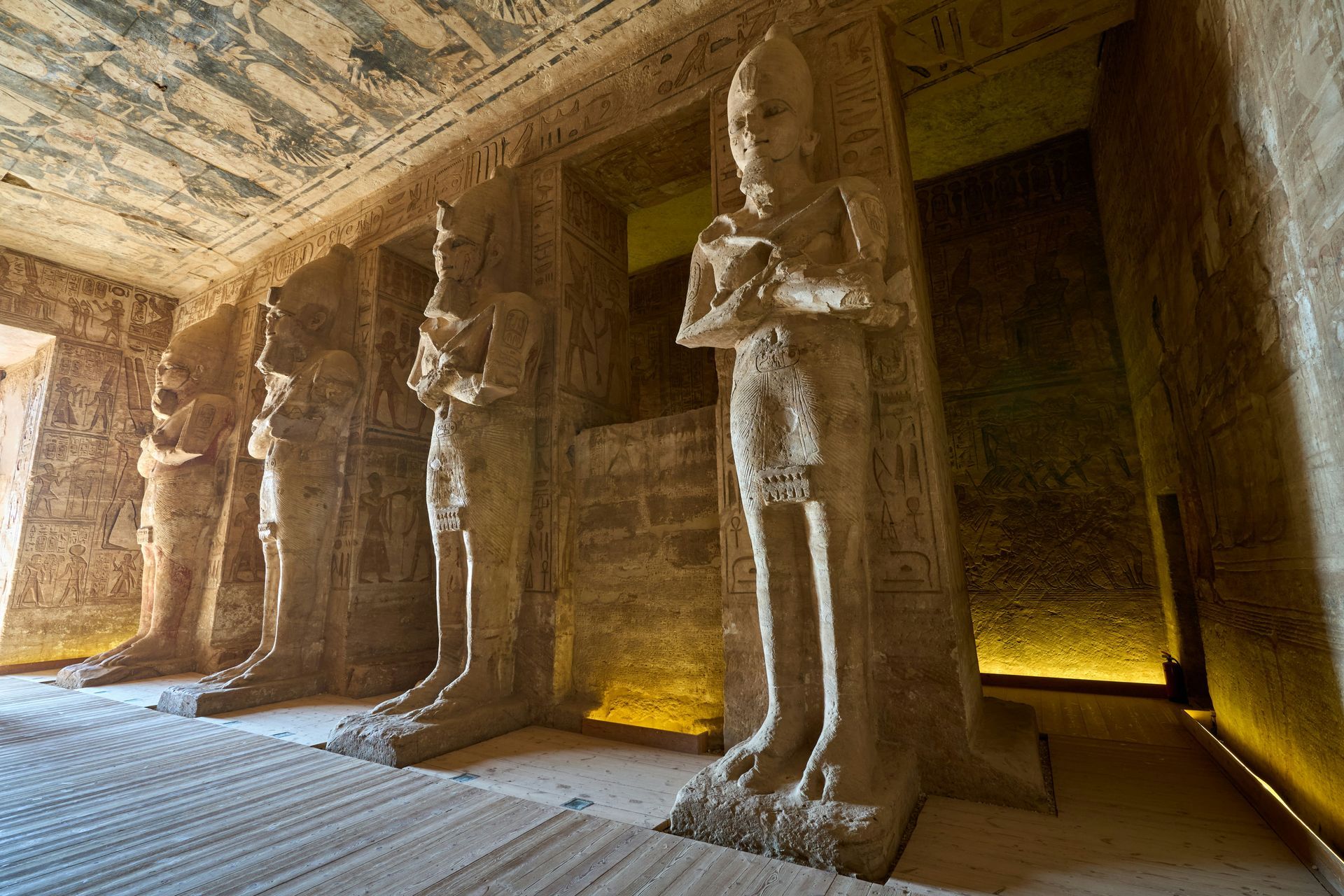
Slide title
Abu Simbel
Button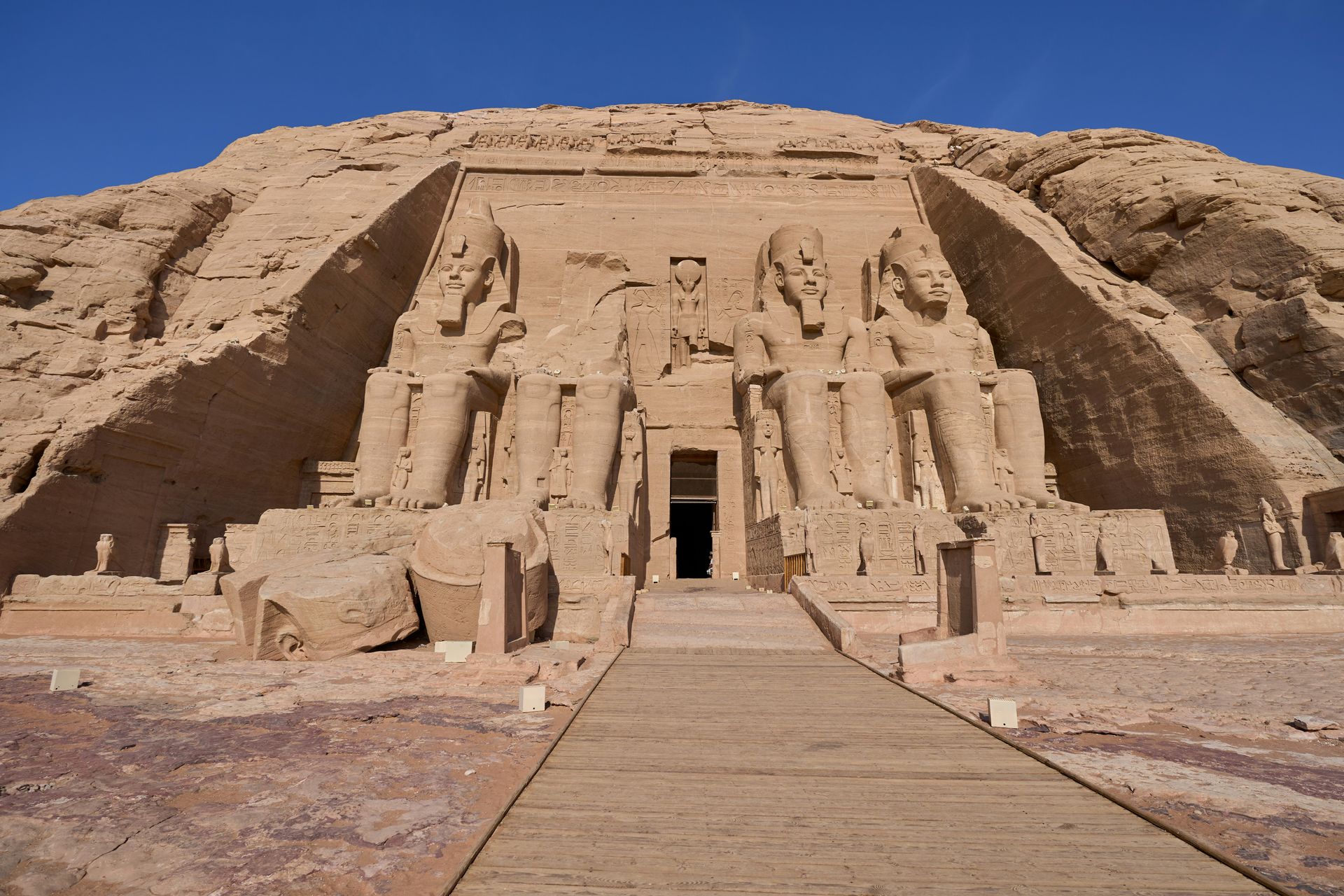
Slide title
Abu Simbel
Button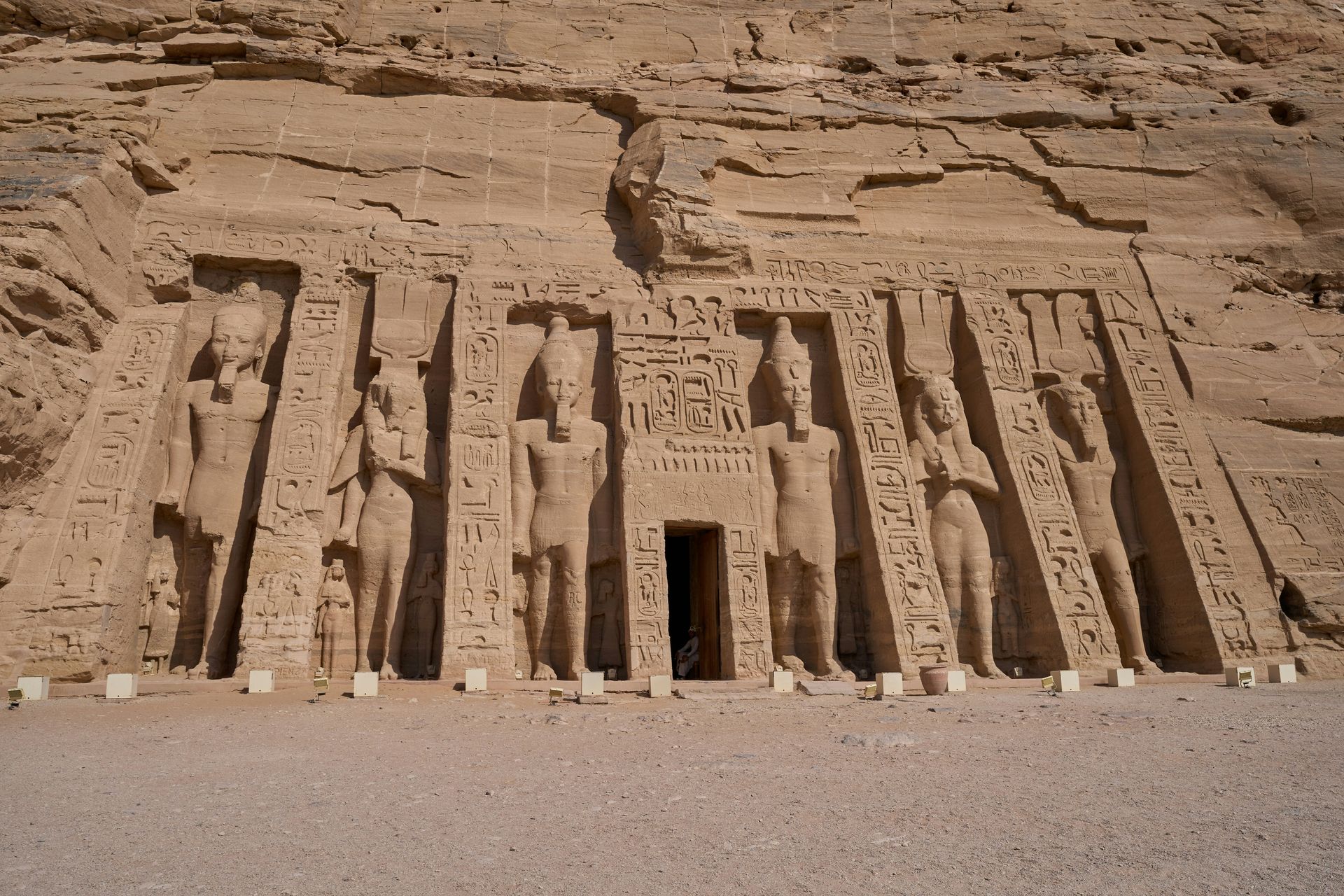
Slide title
Abu Simbel
Button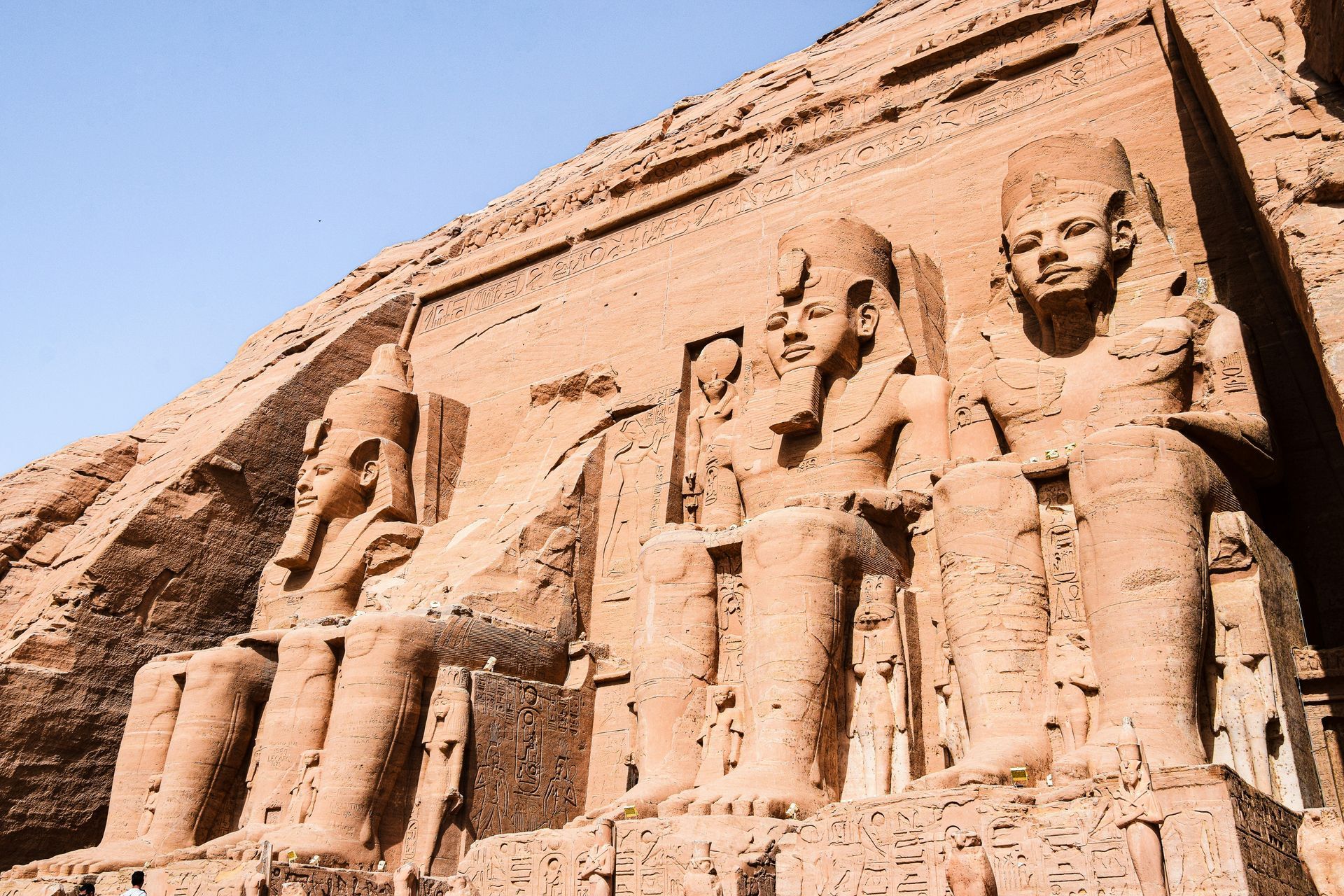
Slide title
Abu Simbel
Button
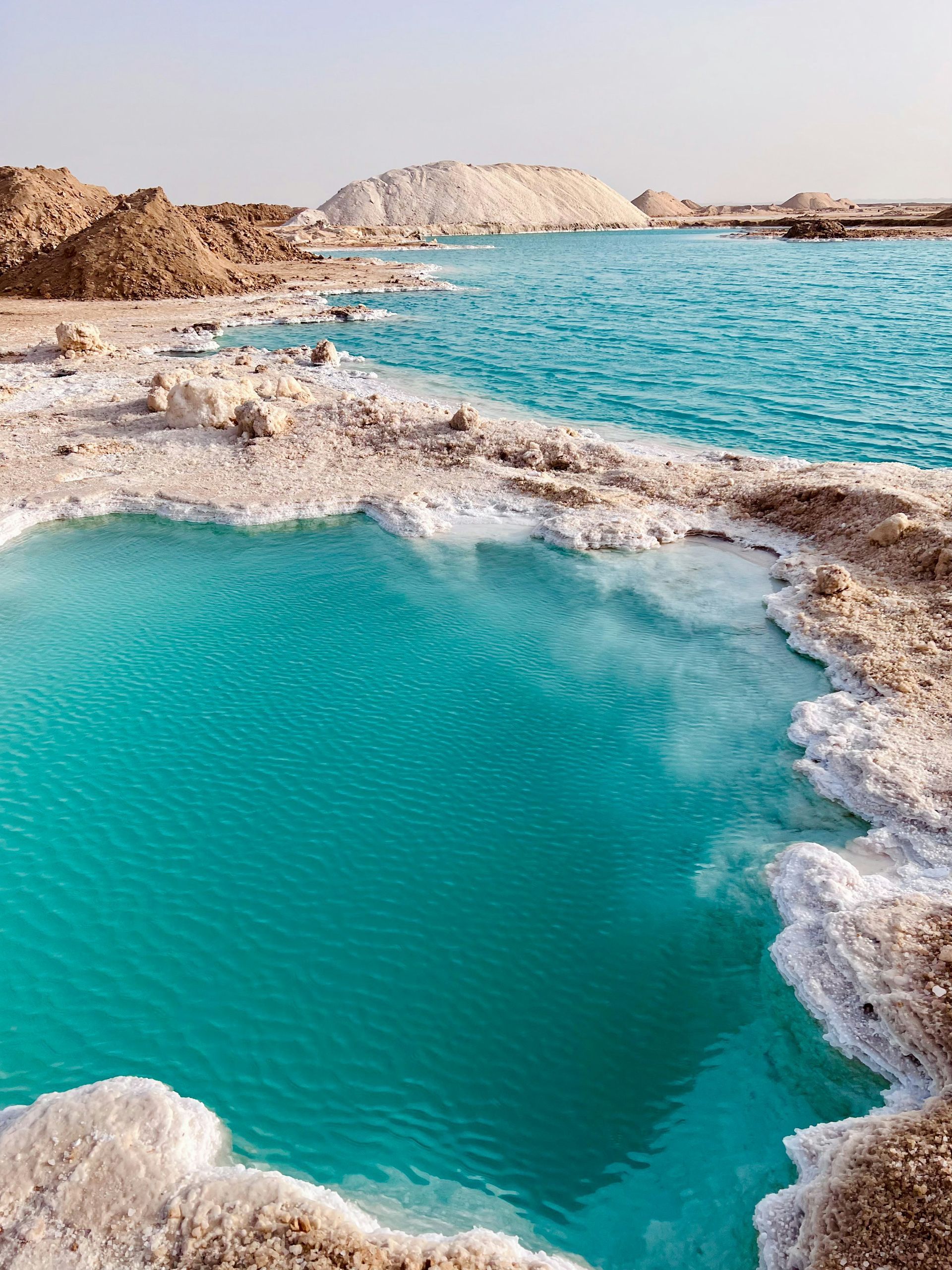
Slide title
Siwa Oasis
Button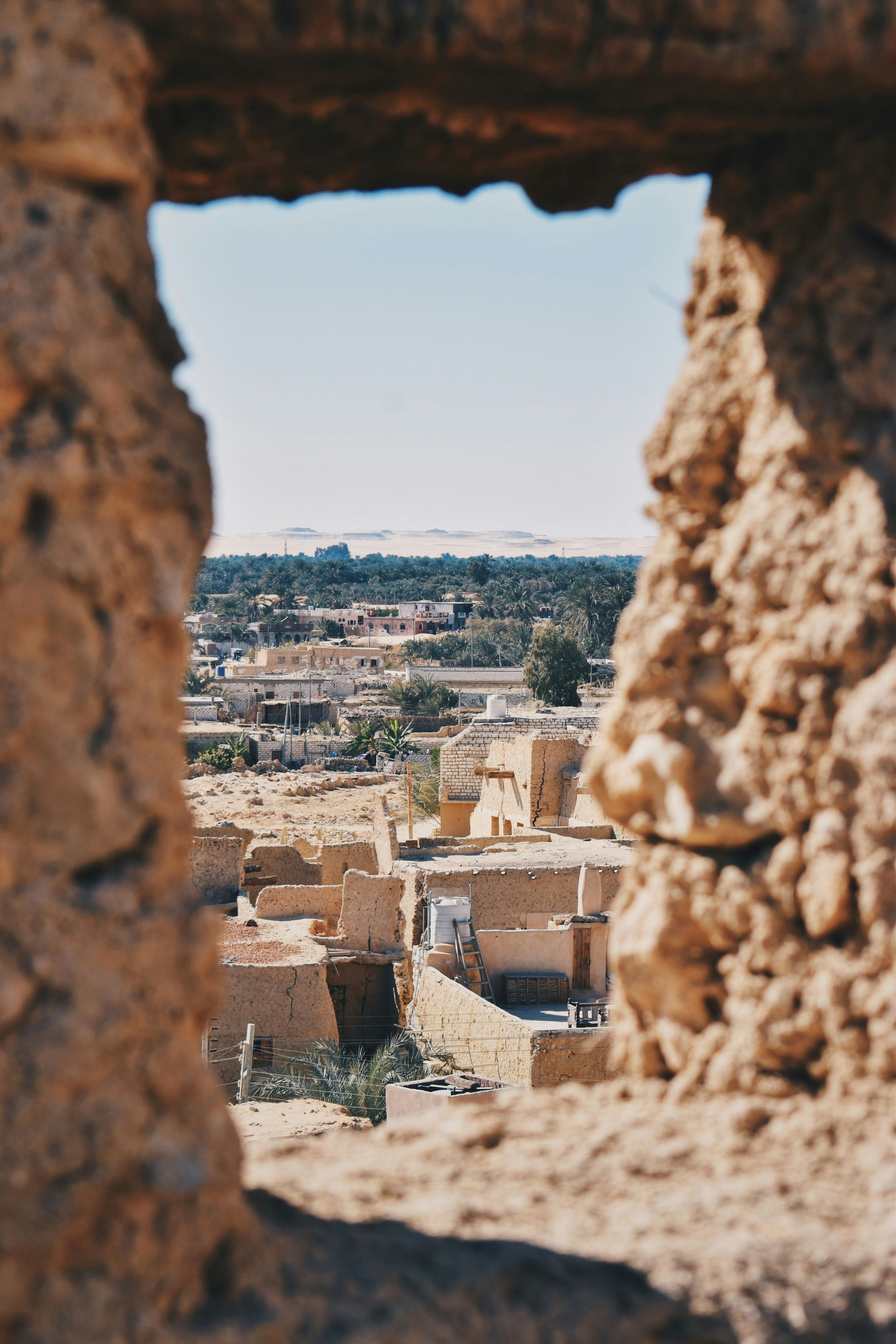
Slide title
Siwa Oasis
Button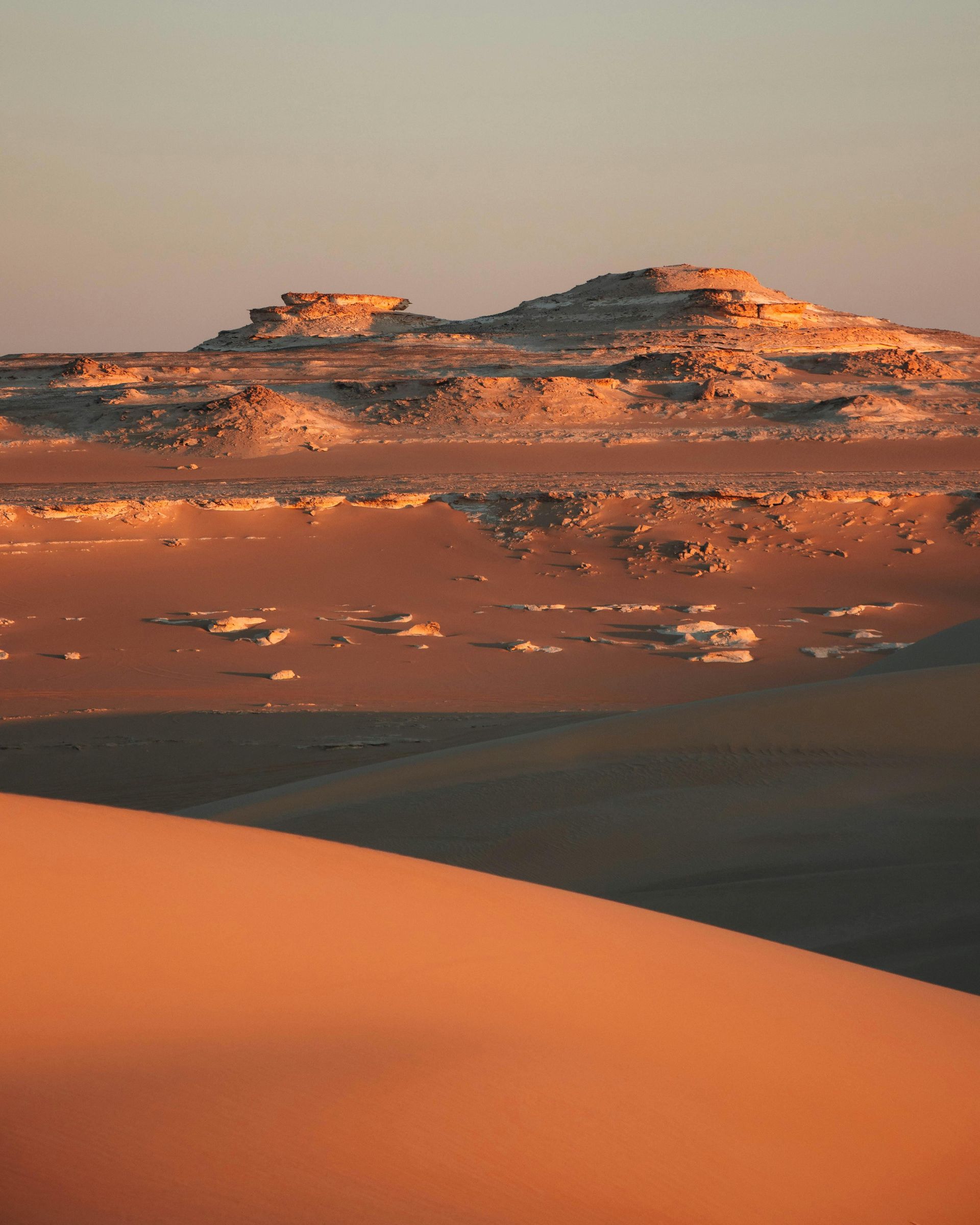
Slide title
Siwa Oasis
Button
Slide title
Siwa Oasis
Button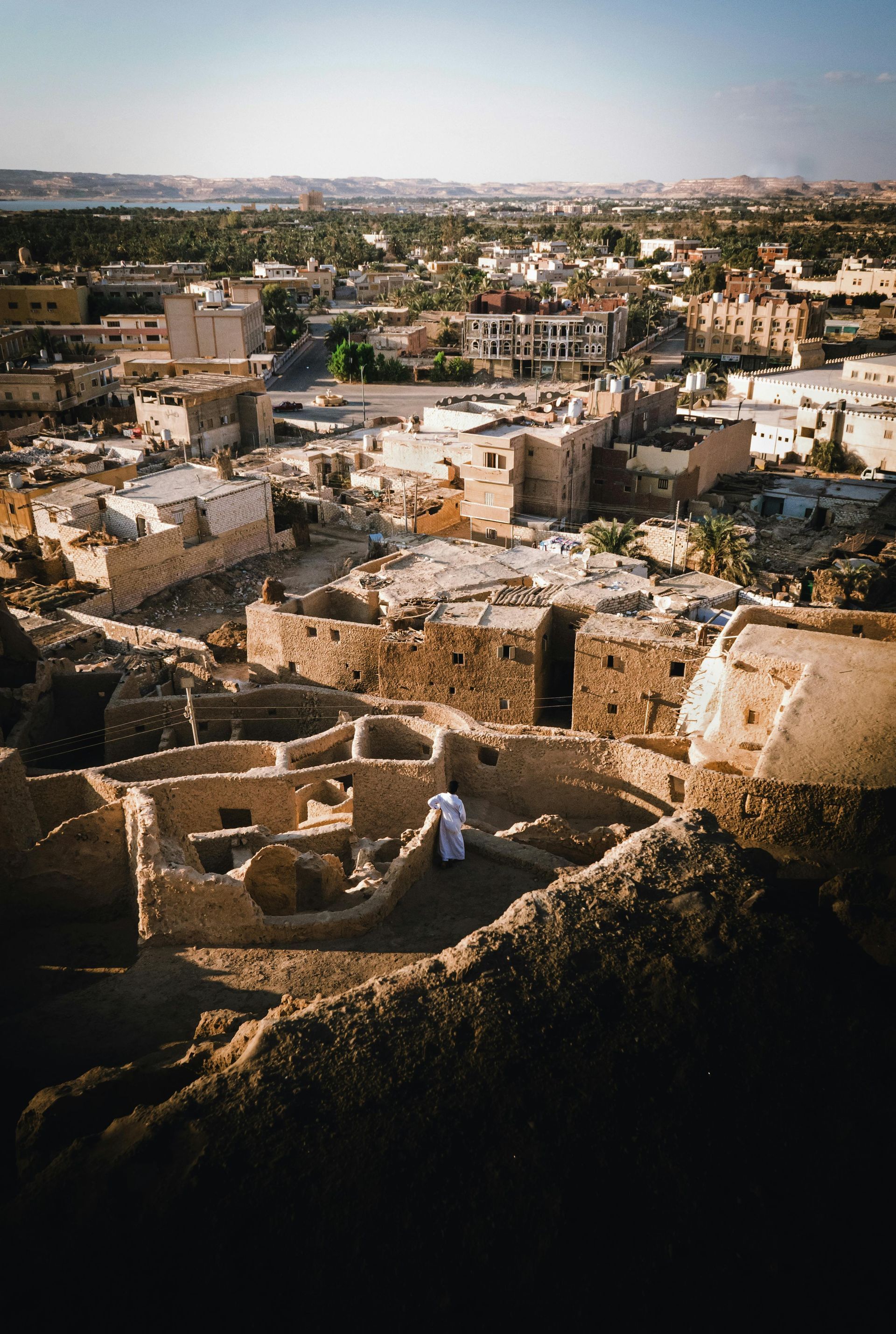
Slide title
Siwa Oasis
Button
Slide title
Siwa Oasis
Button
Featured Destinations

Slide title
Cairo
Button
Slide title
Cairo
Button
Slide title
Cairo
Button
Slide title
Cairo
Button
Slide title
Cairo
Button
Slide title
Cairo
Button
Slide title
Cairo
Button
Slide title
Cairo
Button
Slide title
Cairo
Button
Slide title
Cairo
Button
Slide title
Cairo
Button
Slide title
Cairo
Button

Slide title
Luxor
Button
Slide title
Luxor
Button
Slide title
Luxor
Button
Slide title
Luxor
Button
Slide title
Luxor
Button
Slide title
Luxor
Button
Slide title
Luxor
Button
Slide title
Luxor
Button

Slide title
Sharm El-Sheikh
Button
Slide title
Sharm El-Sheikh
Button
Slide title
Sharm El-Sheikh
Button
Slide title
Sharm El-Sheikh
Button
Slide title
Sharm El-Sheikh
Button
Slide title
Sharm El-Sheikh
Button
Slide title
Sharm El-Sheikh
Button

Slide title
Désert Blanc
Button
Slide title
Désert Blanc
Button
Slide title
Désert Blanc
Button
Slide title
Désert Blanc
Button
Slide title
Désert Blanc
Button

Slide title
Kom Ombo
Button
Slide title
Kom Ombo
Button
Slide title
Kom Ombo
Button
Slide title
Kom Ombo
Button
Slide title
Kom Ombo
Button
Slide title
Kom Ombo
Button
Slide title
Kom Ombo
Button
Slide title
Kom Ombo
Button

Slide title
Aswan
Button
Slide title
Aswan
Button
Slide title
Aswan
Button
Slide title
Aswan
Button
Slide title
Aswan
Button
Slide title
Aswan
Button
Slide title
Aswan
Button
Slide title
Aswan
Button

Slide title
Abu Simbel
Button
Slide title
Abu Simbel
Button
Slide title
Abu Simbel
Button
Slide title
Abu Simbel
Button
Slide title
Abu Simbel
Button
Slide title
Abu Simbel
Button

Slide title
Siwa Oasis
Button
Slide title
Siwa Oasis
Button
Slide title
Siwa Oasis
Button
Slide title
Siwa Oasis
Button
Slide title
Siwa Oasis
Button
Slide title
Siwa Oasis
Button
The Story of Ancient Egypt
Egypt’s history stretches back over 5,000 years and stands as one of the world’s oldest and most remarkable civilizations. It began with the unification of Upper and Lower Egypt around 3100 BCE under the first pharaoh, Narmer, setting the stage for a powerful dynasty that lasted millennia. Ancient Egyptians are renowned for their groundbreaking achievements, including the construction of the Great Pyramids of Giza—built as tombs for pharaohs—and the mysterious Sphinx, both marvels of engineering and artistry. The civilization developed a complex system of writing known as hieroglyphics, which recorded religious texts, royal decrees, and everyday life. The Nile River was the lifeblood of Egypt, providing fertile soil through annual floods that sustained agriculture and enabled cities like Thebes and Memphis to flourish. Throughout its history, Egypt saw the rise and fall of dynasties, foreign invasions, and cultural exchanges, from the New Kingdom’s expansion under pharaohs like Tutankhamun and Ramses II to the Ptolemaic era led by Cleopatra before Roman conquest. This rich tapestry of history, myth, and monumental achievements makes Egypt a captivating destination for travelers fascinated by the ancient world.
Traditional Dishes
-
Tamiya
Tamiya is Egypt’s traditional falafel, made from crushed fava beans blended with fresh herbs and spices. Crispy on the outside and tender inside, it’s a beloved street food often served in pita with tahini and salad.
-
Koshari
Koshari is one of Egypt’s most famous dishes, mixing macaroni, rice, and brown lentils, and topped with chickpeas, a spicy tomato sauce, and fried onions.
-
Mahshi
Mahshi is a traditional Egyptian dish of vegetables, such as zucchini or grape leaves, stuffed with a fragrant rice and herb mixture. It’s slow-cooked in tomato sauce and loved for its comforting flavors.
-
Baklava
Egyptians have a deep love for sticky, syrup-soaked desserts—especially the rich, nut-filled filo pastries known collectively as baklava. These sweets come in many forms, such as konafa, made with a creamy filling and a crisp, shredded pastry crust, and basbousa, a semolina-based treat soaked in honey syrup and topped with hazelnuts.
-
Hamam Mahshi
A prized Egyptian delicacy, Hamaam—stuffed pigeon—is traditionally raised in distinctive conical towers found across the countryside. The birds are typically filled with spiced rice or bulgur wheat (freek), then grilled or baked to perfection. Rich in flavor and deeply rooted in local tradition, it’s a dish often reserved for special occasions.
-
Mulukhiyah
Mulukhiyah is a beloved Egyptian dish made from finely chopped mallow leaves, simmered into a garlicky green soup with a thick, slightly viscous texture. Often served with rice and meat like rabbit, chicken, or lamb, it's a staple comfort food across Egypt. Though its texture can be an acquired taste, Mulukhiyah holds deep cultural roots—so much so that it was once banned by a Fatimid sultan in the 11th century for being too peculiar to his liking.
-
Basbousa
Basbousa is a sweet, semolina-based dessert with Ottoman roots, enjoyed across many countries under different names. In Egypt, it’s known as Basbousa and is typically baked thin, soaked in fragrant sugar syrup, and topped with almonds or fresh cream. Soft, moist, and delicately sweet, it’s a favorite treat that has won hearts far beyond its origin.
Traditional Dishes
-
Tamiya
Tamiya is Egypt’s traditional falafel, made from crushed fava beans blended with fresh herbs and spices. Crispy on the outside and tender inside, it’s a beloved street food often served in pita with tahini and salad.
-
Koshari
Koshari is one of Egypt’s most famous dishes, mixing macaroni, rice, and brown lentils, and topped with chickpeas, a spicy tomato sauce, and fried onions.
-
Mahshi
Mahshi is a traditional Egyptian dish of vegetables, such as zucchini or grape leaves, stuffed with a fragrant rice and herb mixture. It’s slow-cooked in tomato sauce and loved for its comforting flavors.
-
Baklava
Egyptians have a deep love for sticky, syrup-soaked desserts—especially the rich, nut-filled filo pastries known collectively as baklava. These sweets come in many forms, such as konafa, made with a creamy filling and a crisp, shredded pastry crust, and basbousa, a semolina-based treat soaked in honey syrup and topped with hazelnuts.
-
Hamam Mahshi
A prized Egyptian delicacy, Hamaam—stuffed pigeon—is traditionally raised in distinctive conical towers found across the countryside. The birds are typically filled with spiced rice or bulgur wheat (freek), then grilled or baked to perfection. Rich in flavor and deeply rooted in local tradition, it’s a dish often reserved for special occasions.
-
Mulukhiyah
Mulukhiyah is a beloved Egyptian dish made from finely chopped mallow leaves, simmered into a garlicky green soup with a thick, slightly viscous texture. Often served with rice and meat like rabbit, chicken, or lamb, it's a staple comfort food across Egypt. Though its texture can be an acquired taste, Mulukhiyah holds deep cultural roots—so much so that it was once banned by a Fatimid sultan in the 11th century for being too peculiar to his liking.
-
Basbousa
Basbousa is a sweet, semolina-based dessert with Ottoman roots, enjoyed across many countries under different names. In Egypt, it’s known as Basbousa and is typically baked thin, soaked in fragrant sugar syrup, and topped with almonds or fresh cream. Soft, moist, and delicately sweet, it’s a favorite treat that has won hearts far beyond its origin.
Love this destination?
Have Viking Travel book your next getaway!



